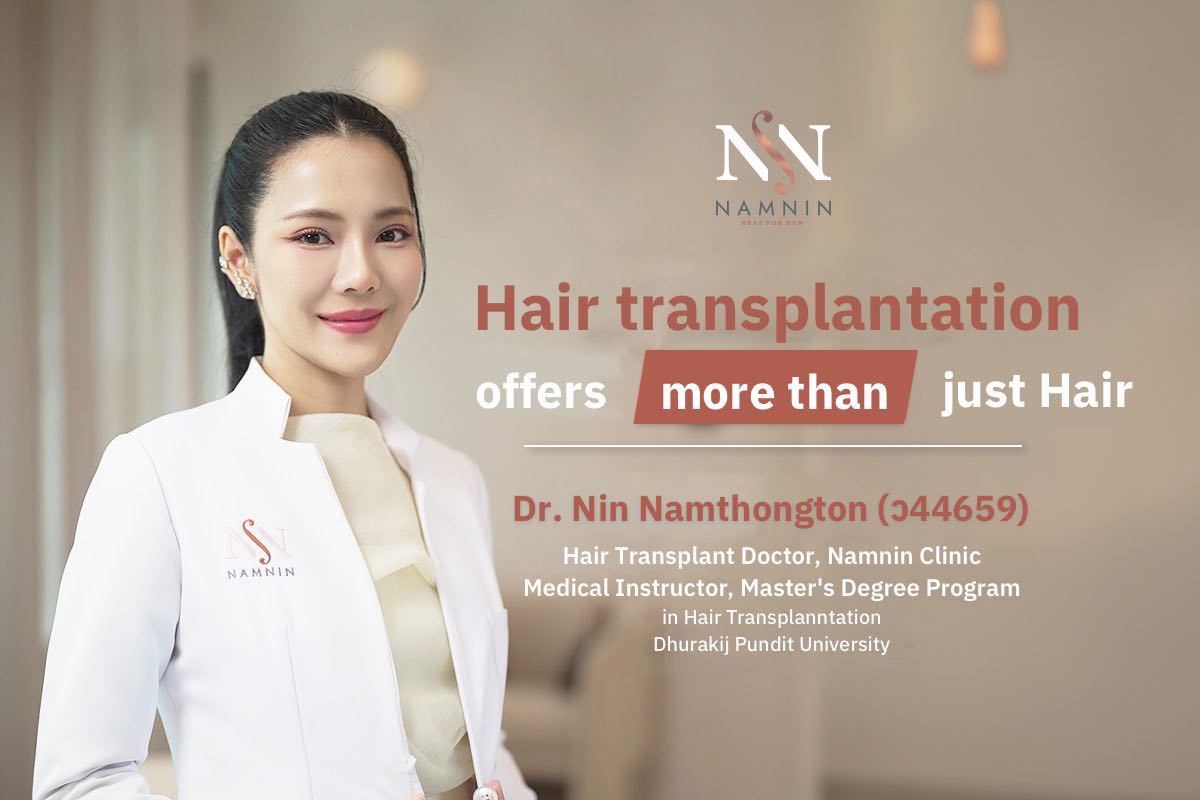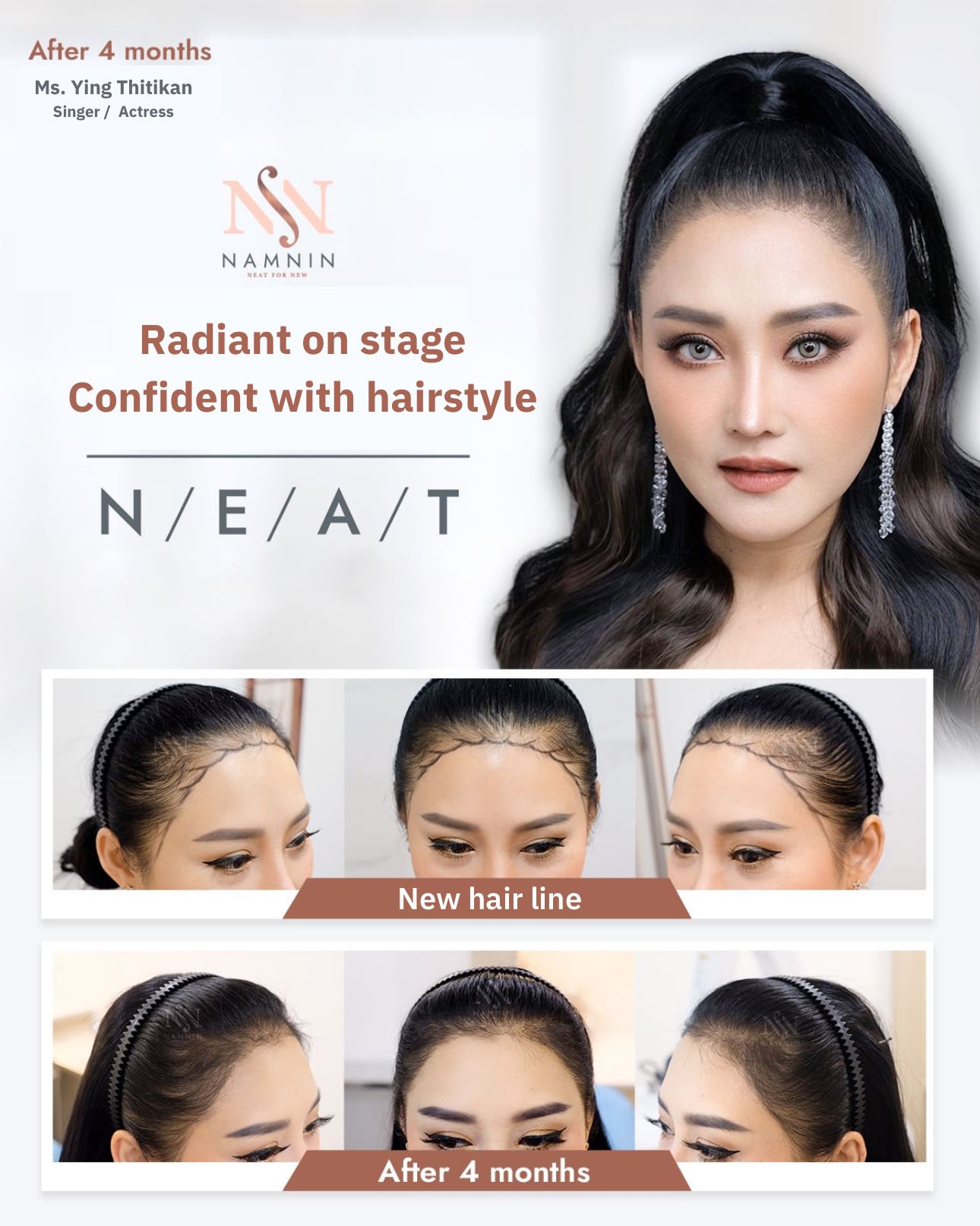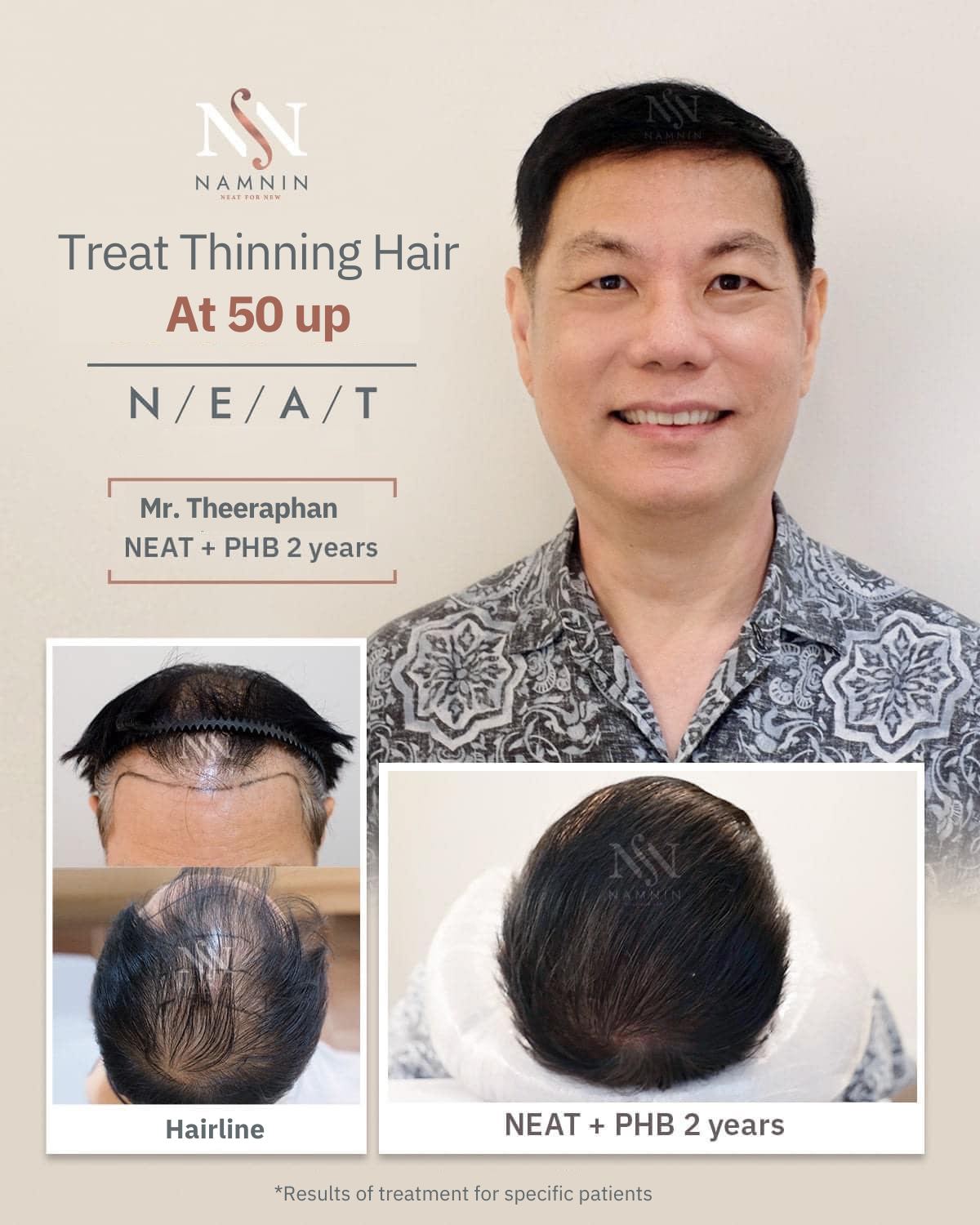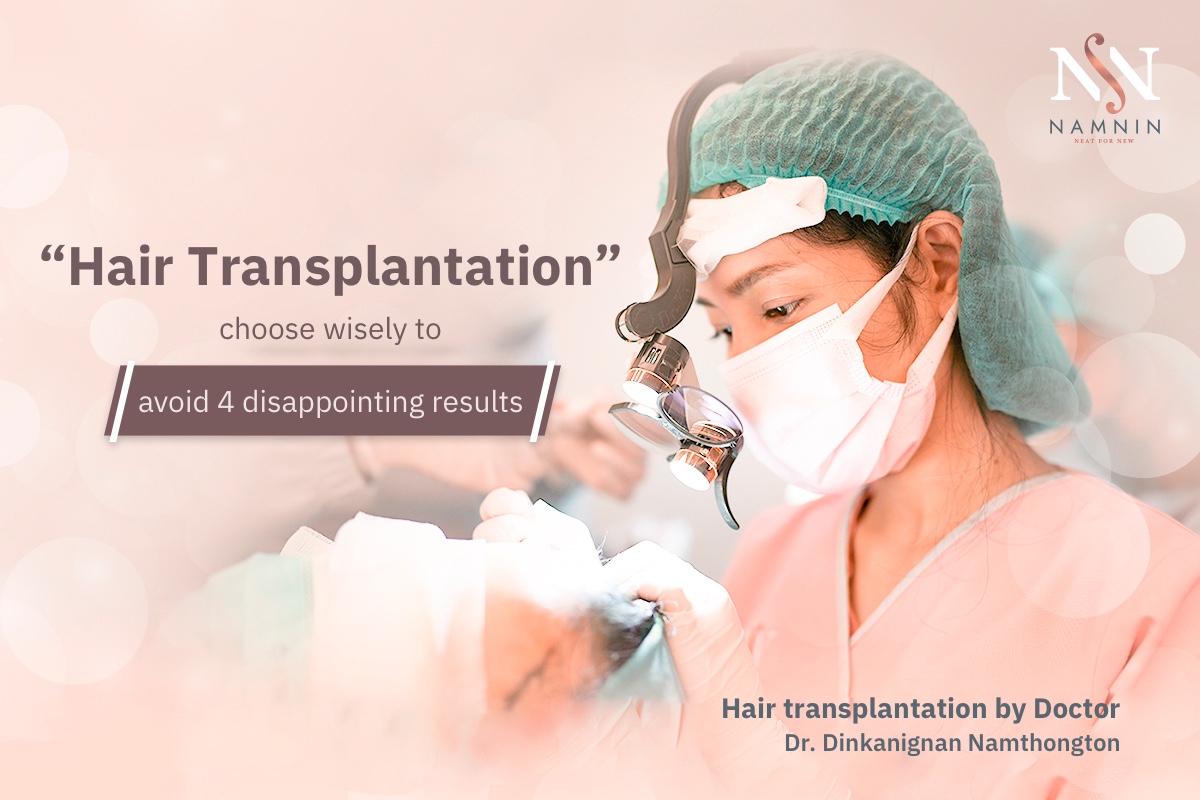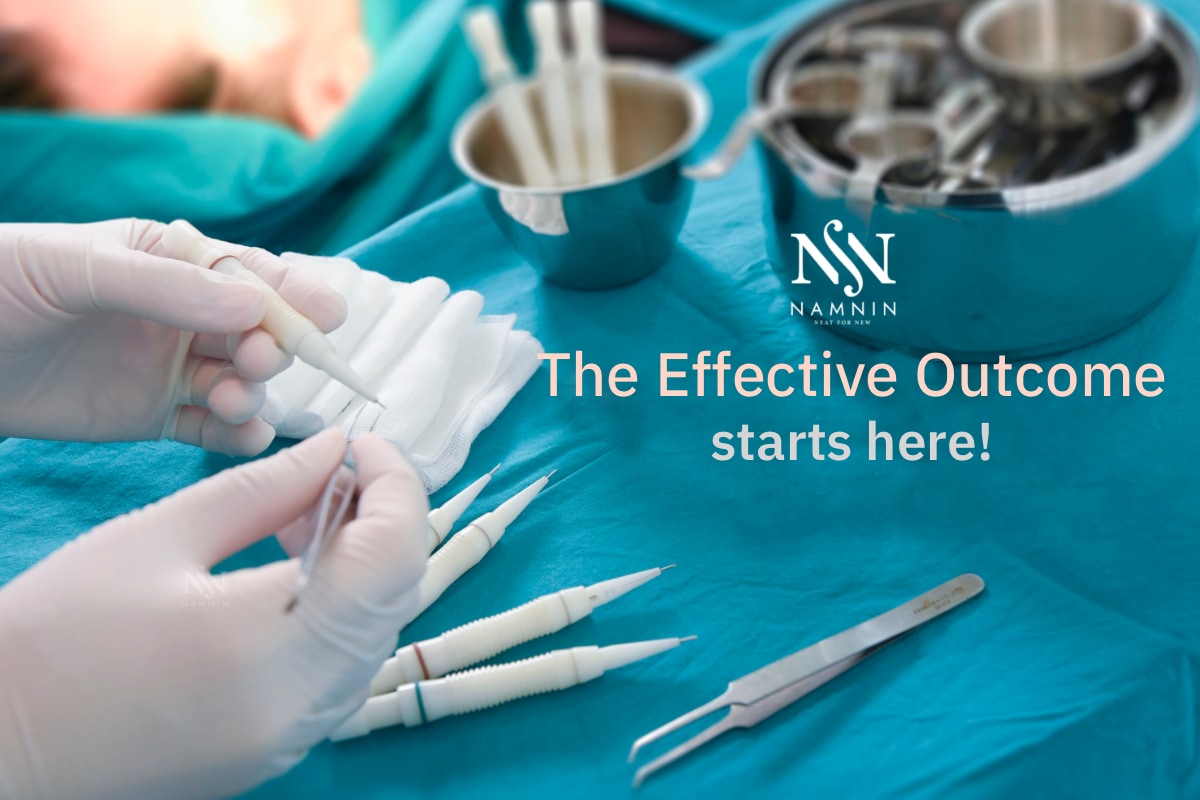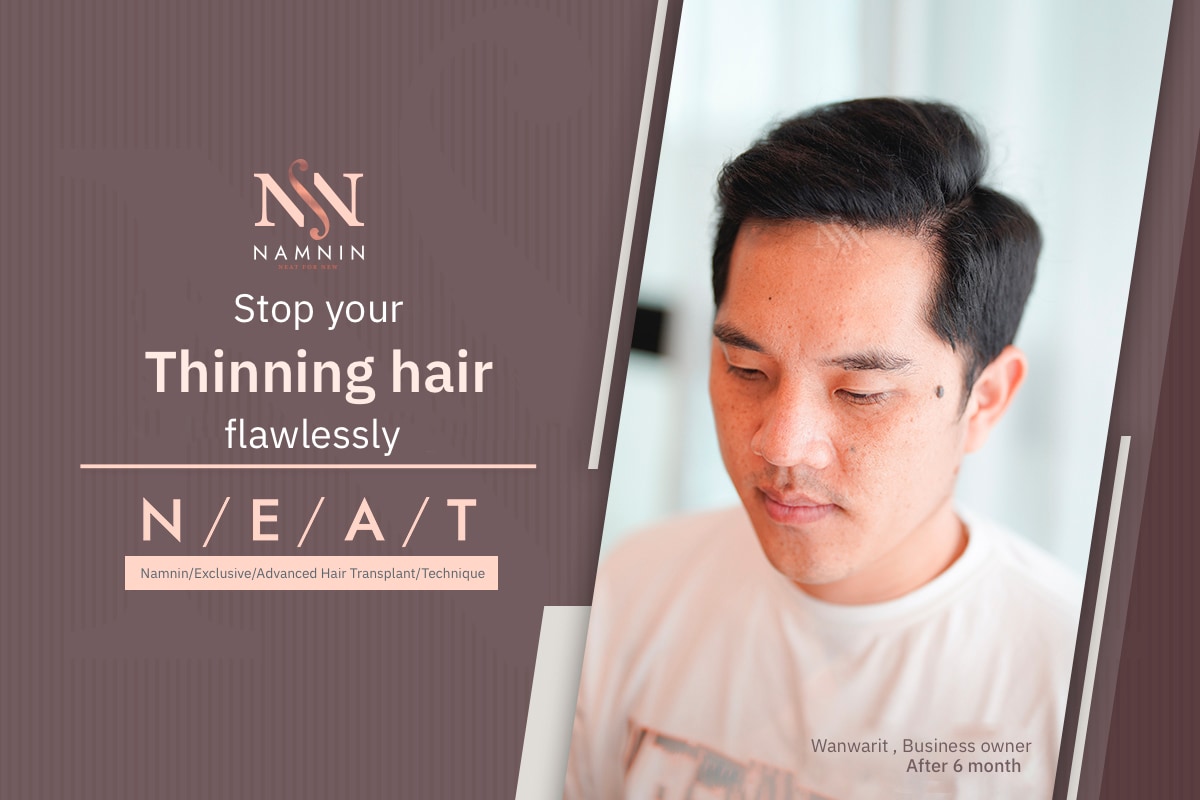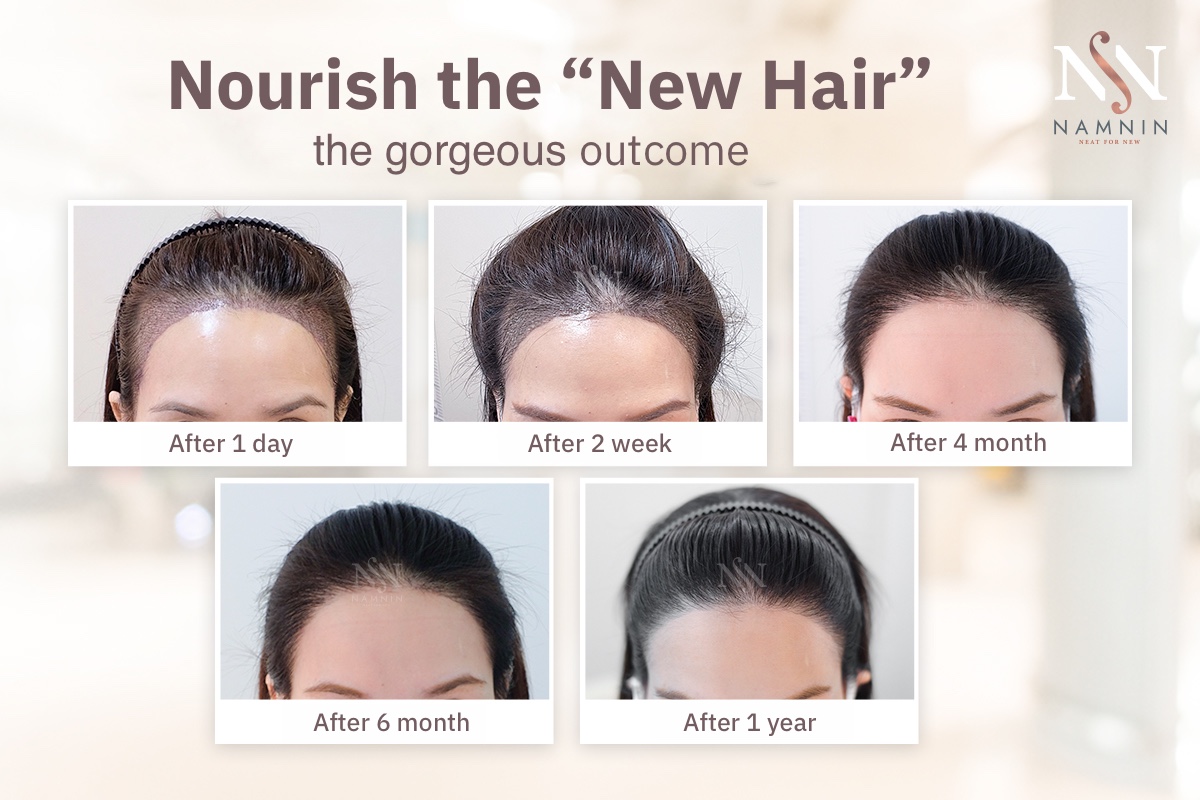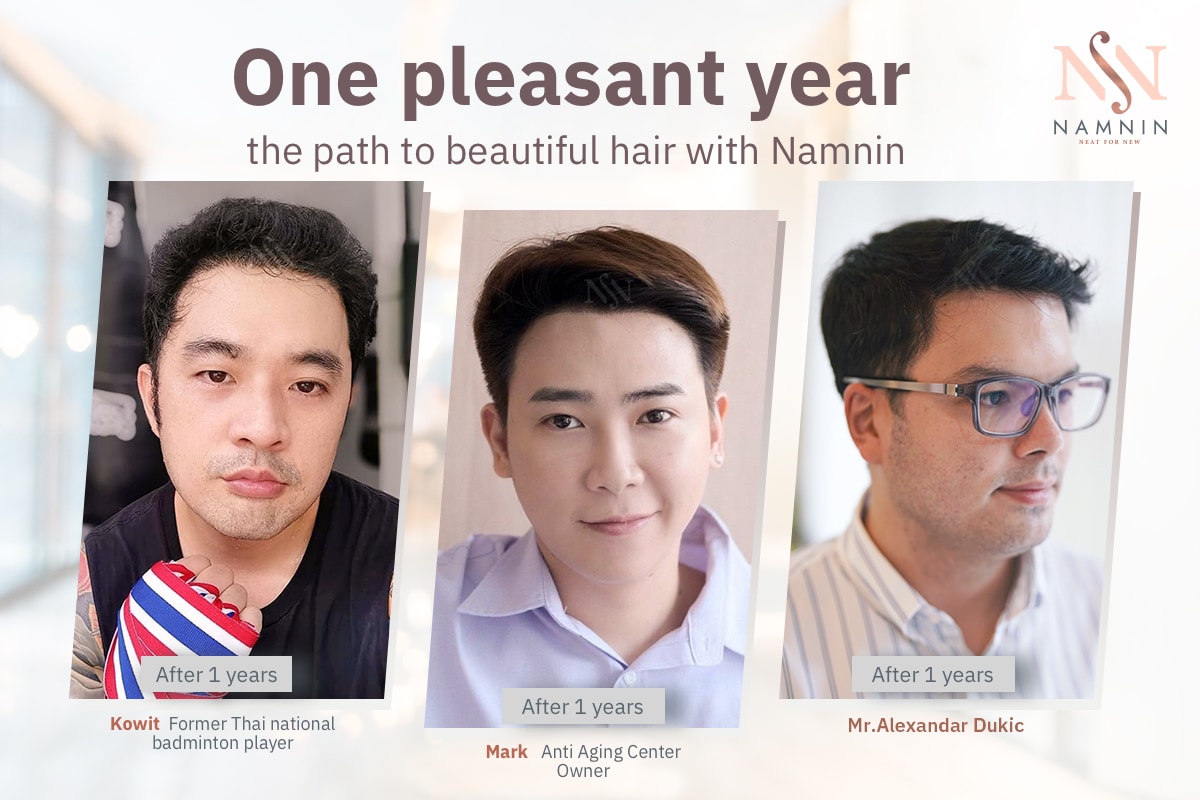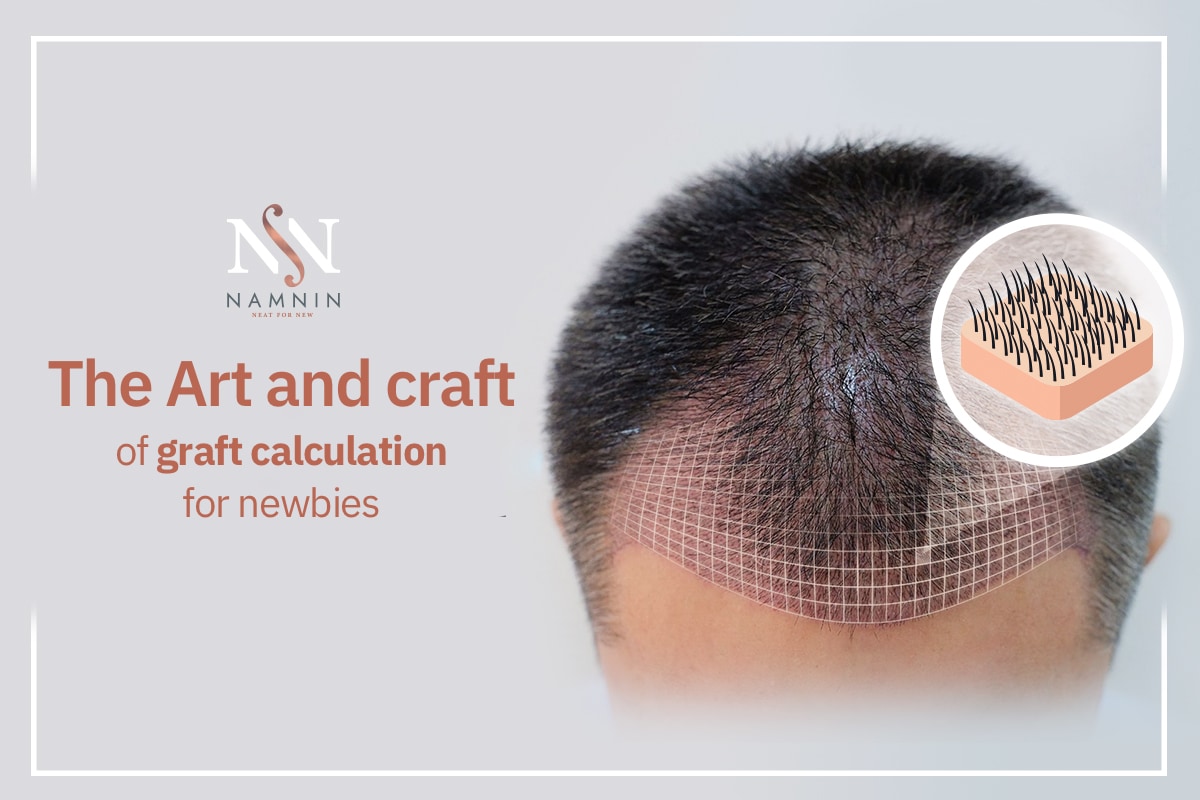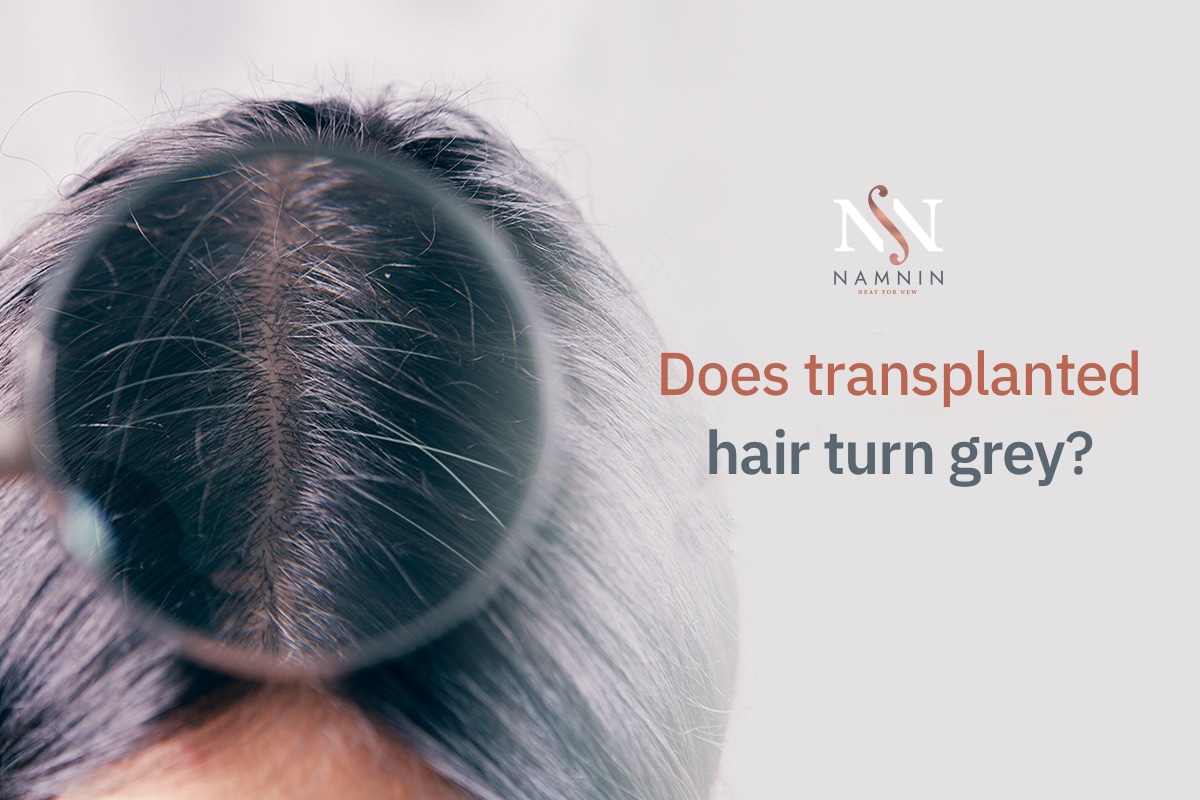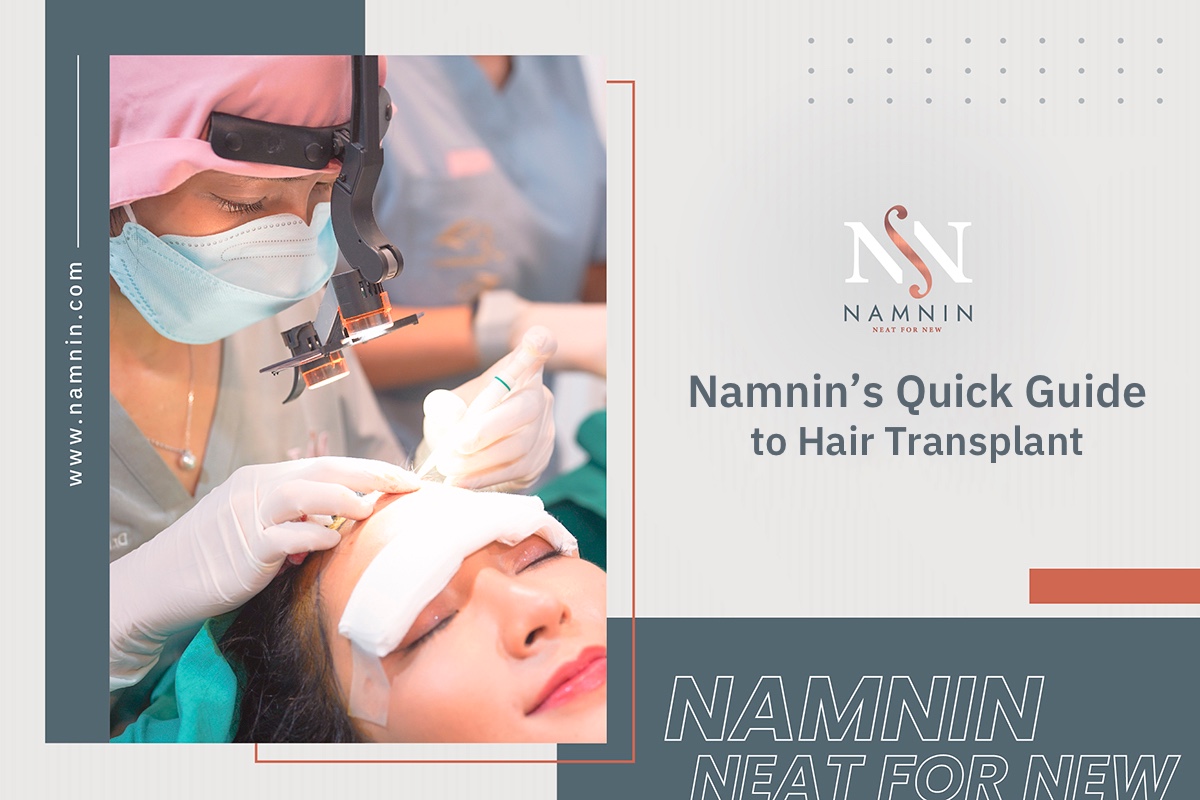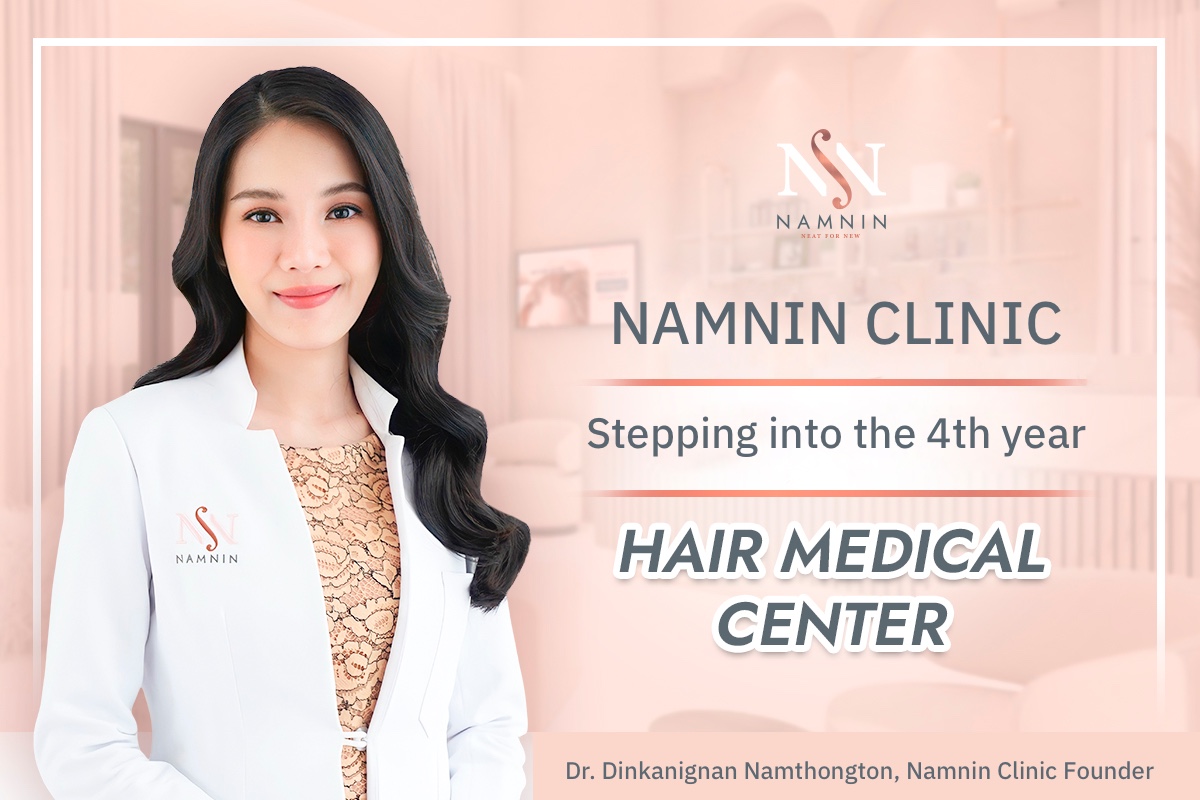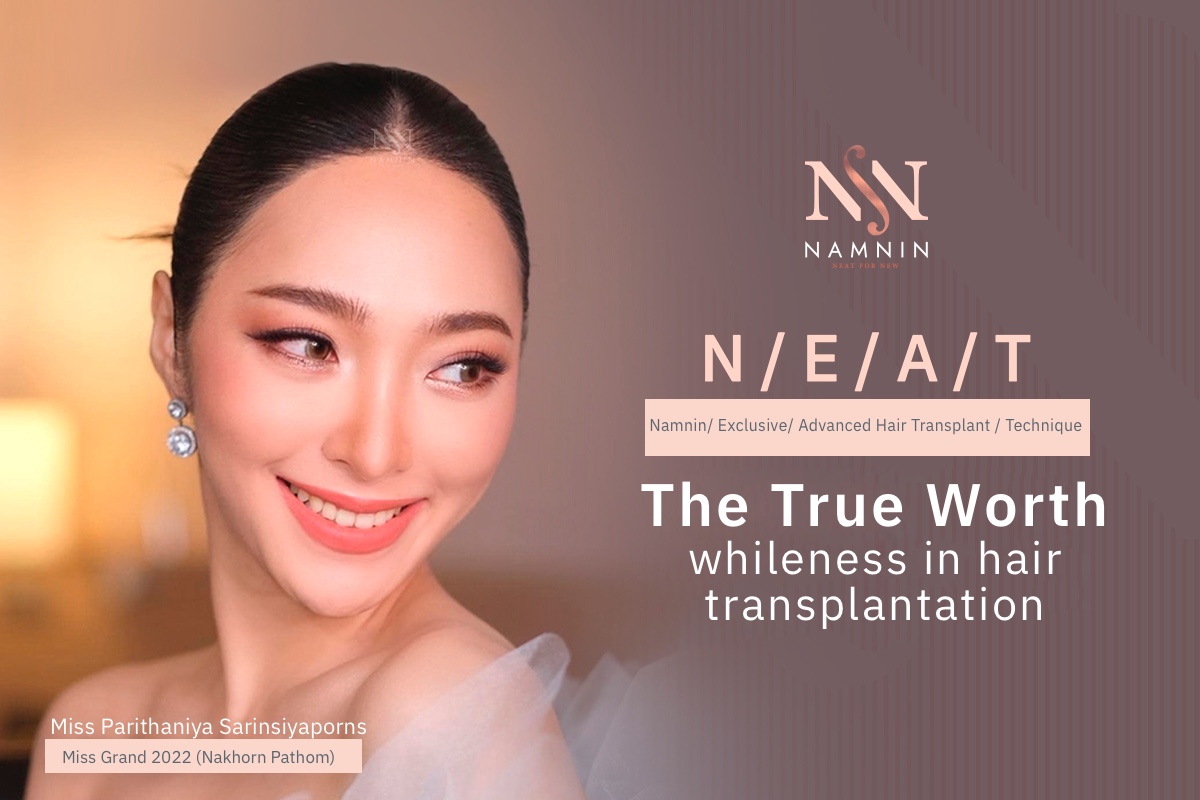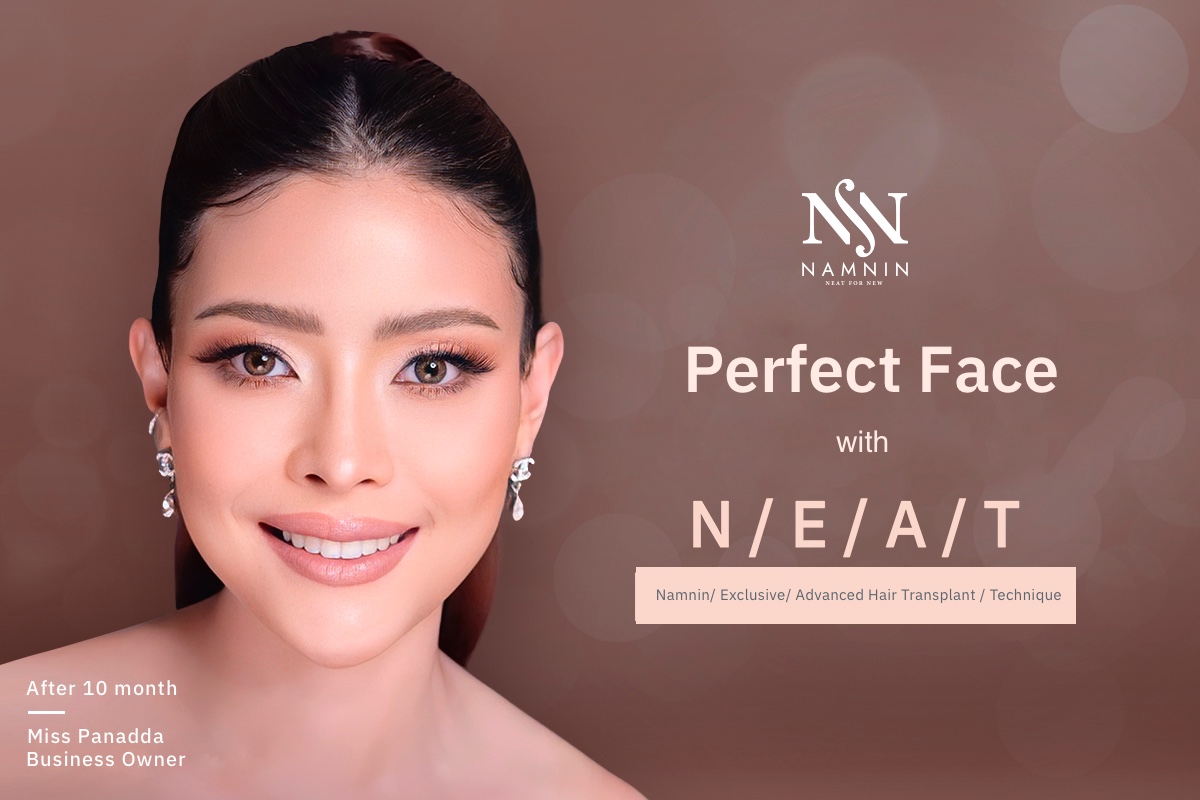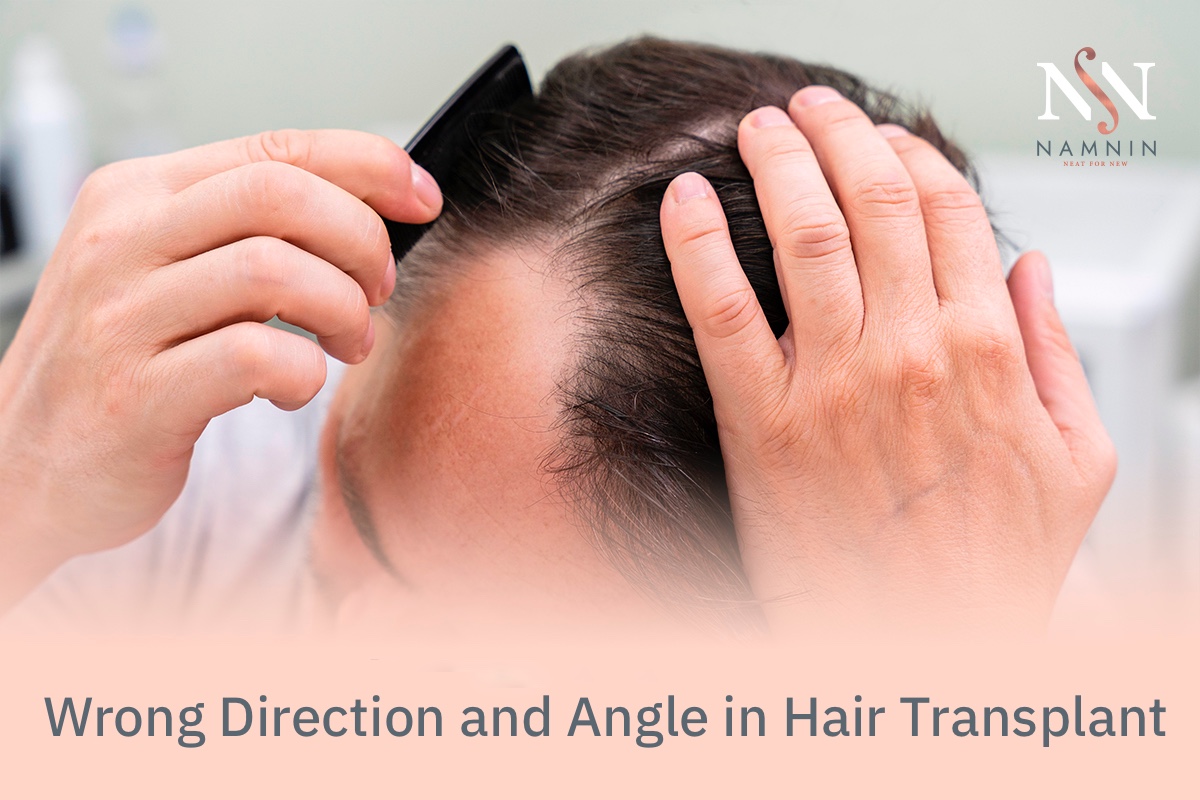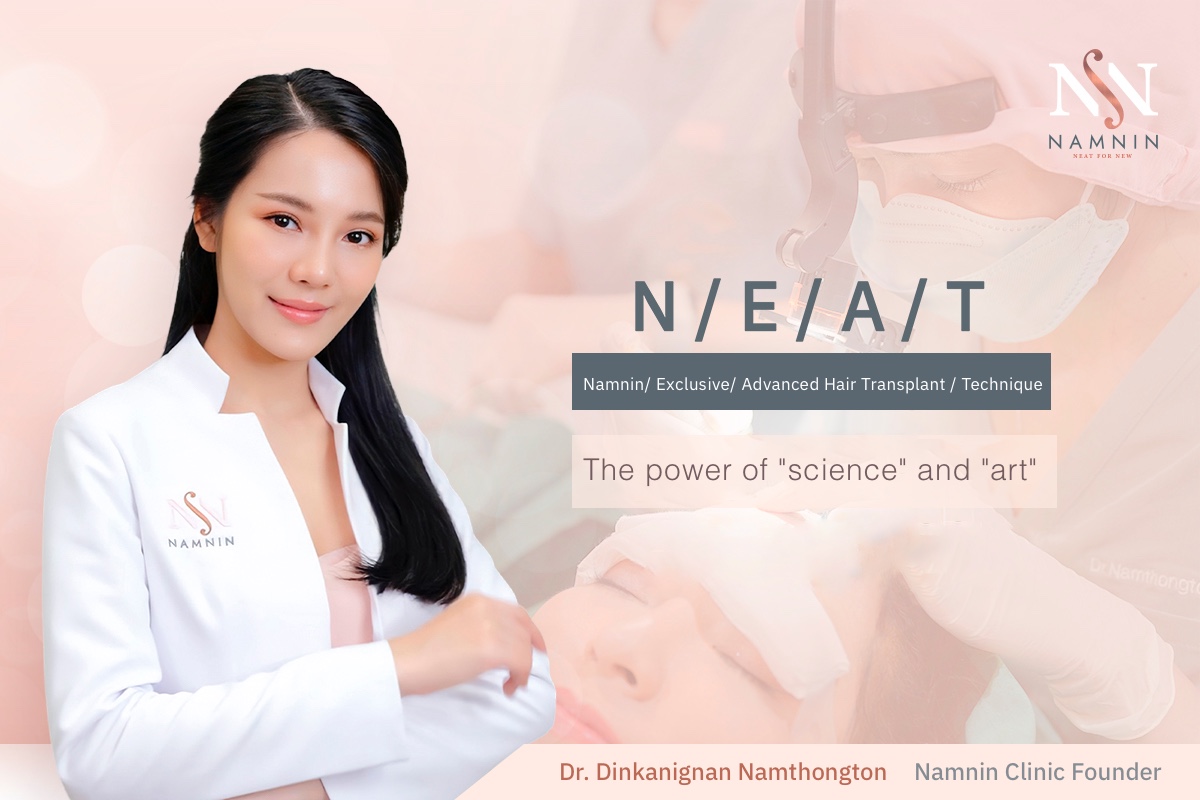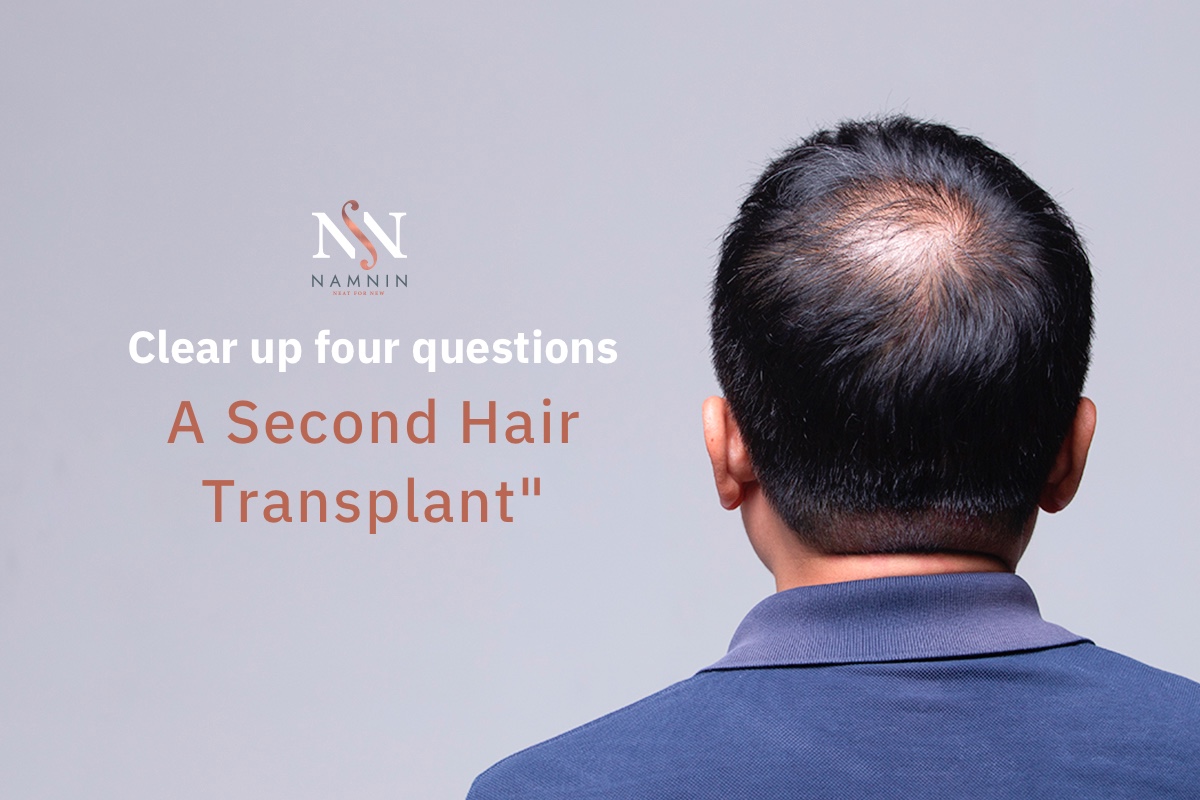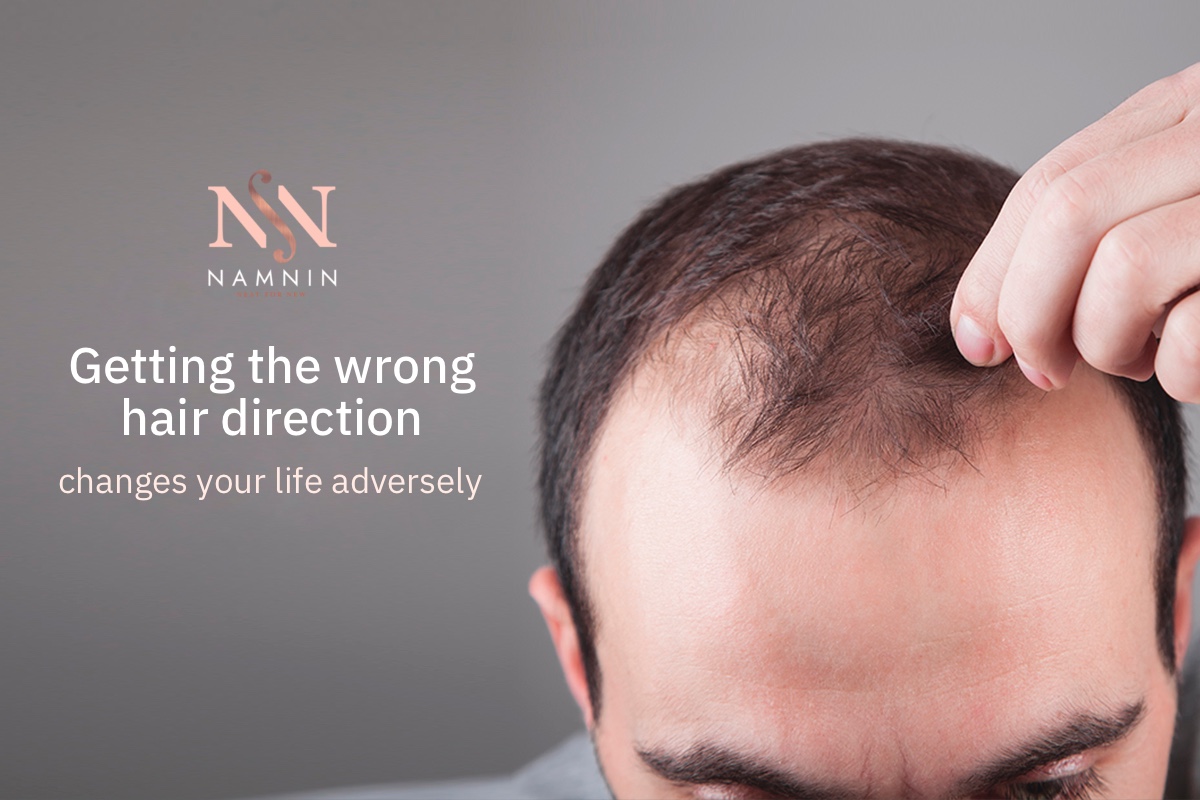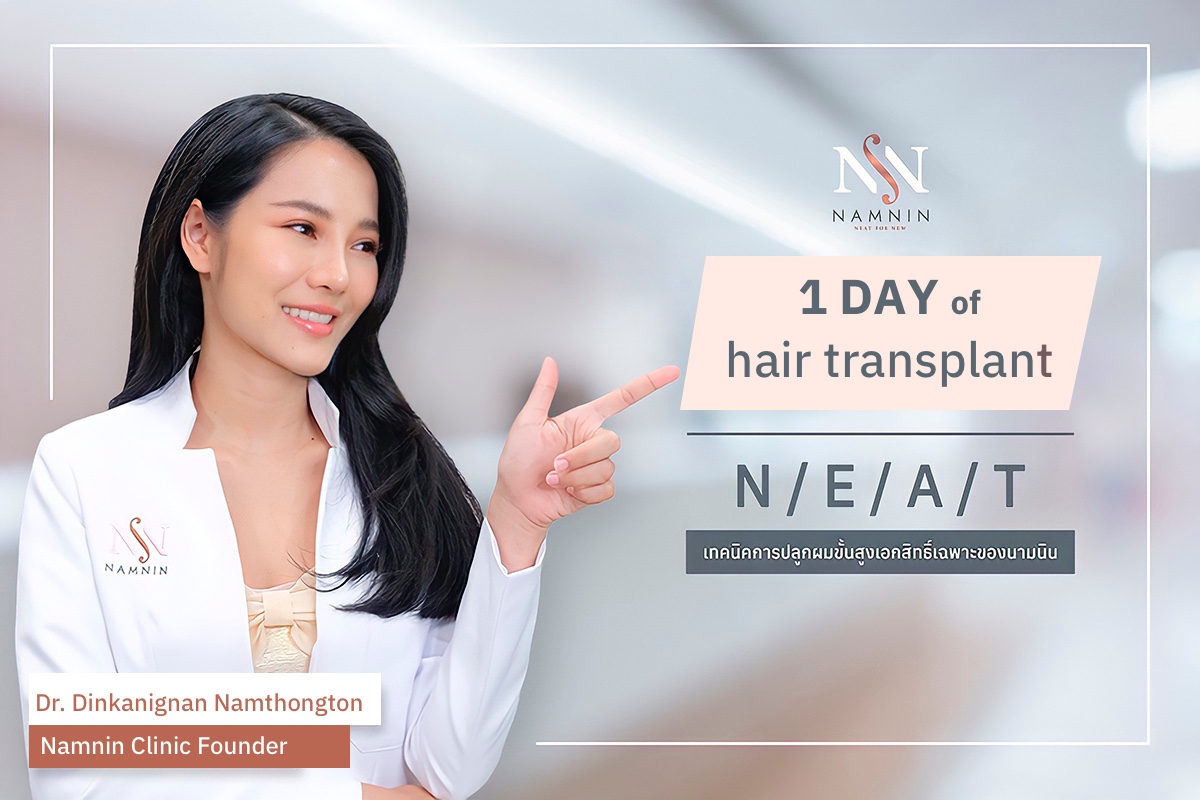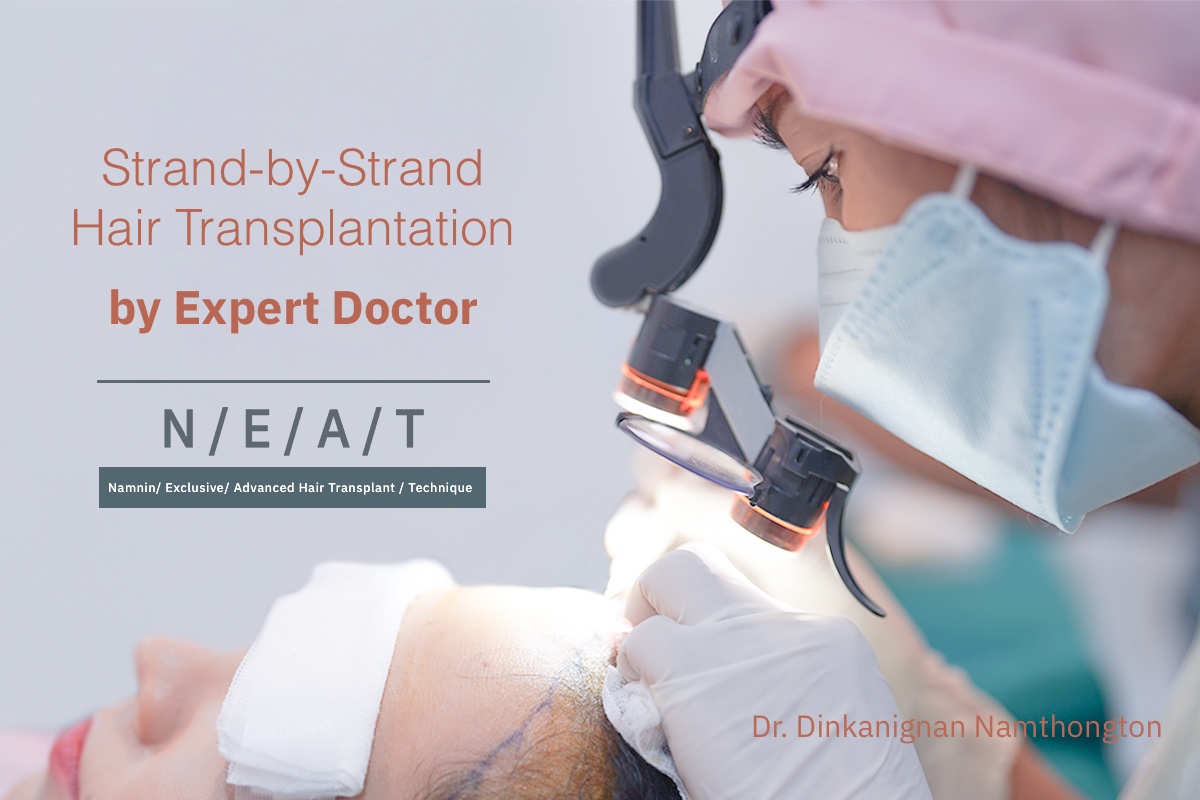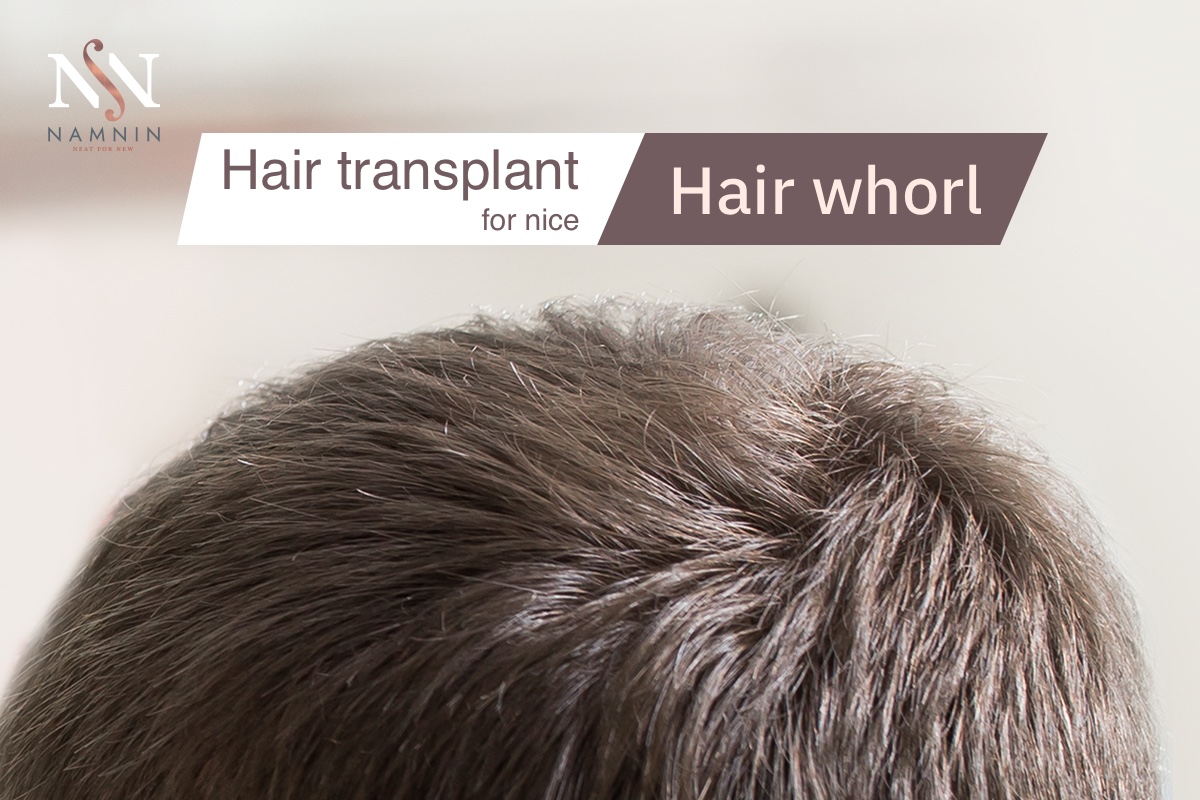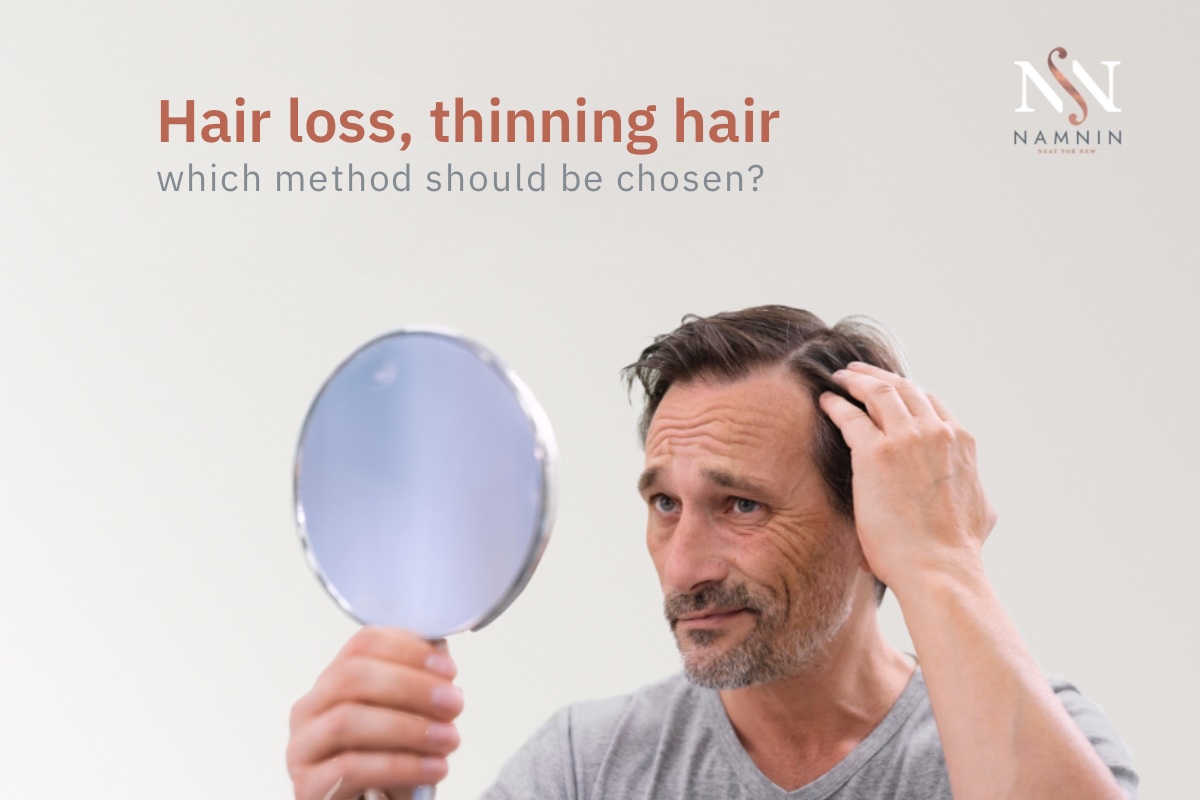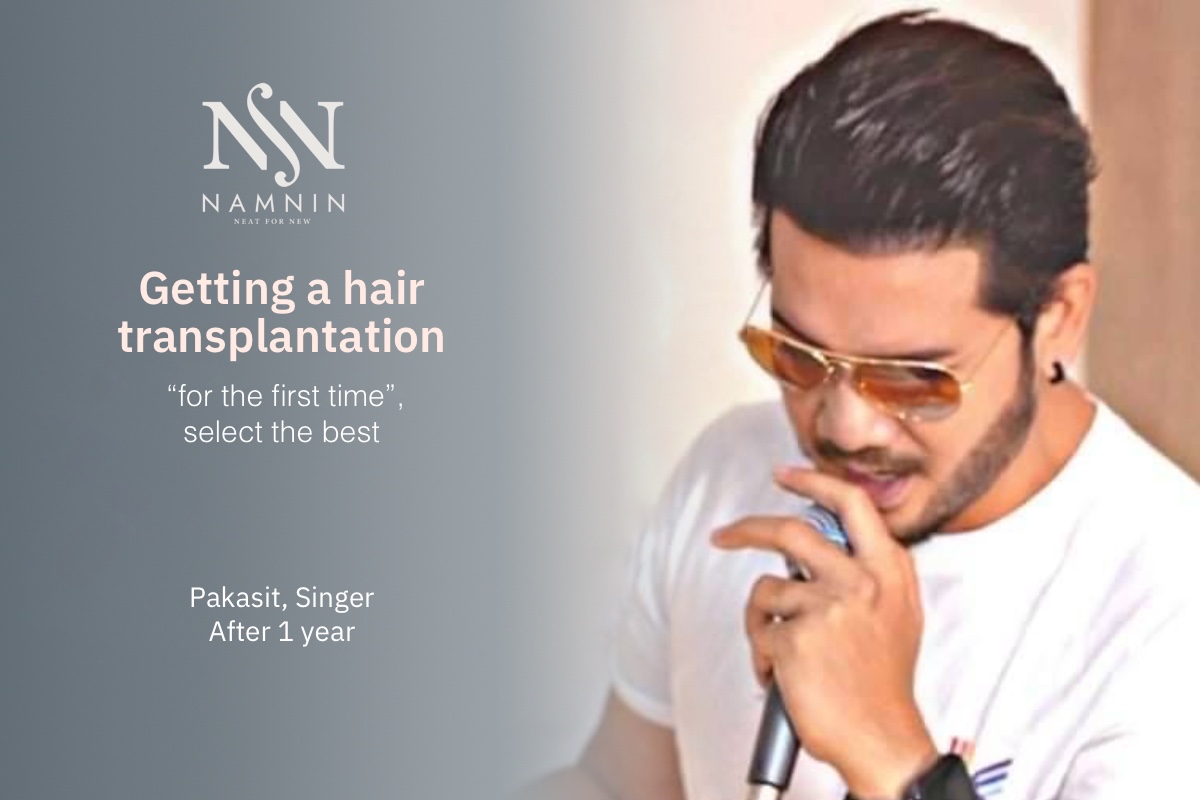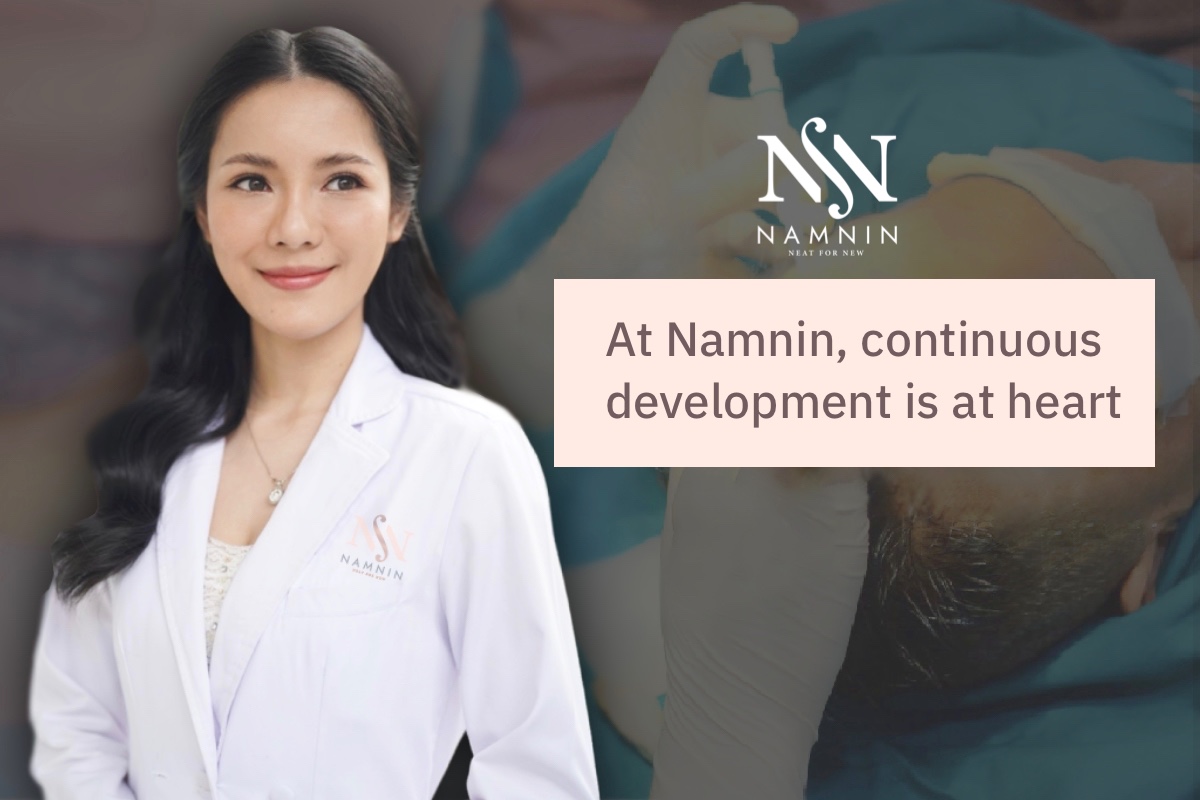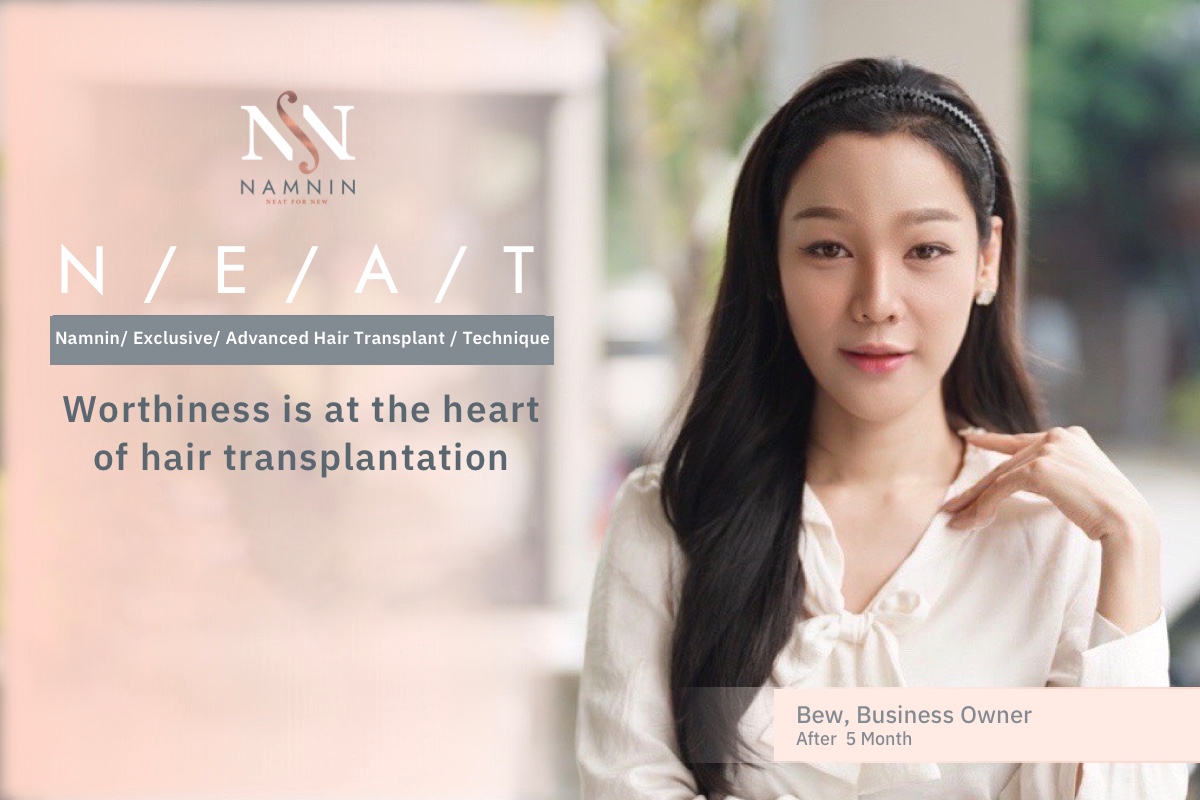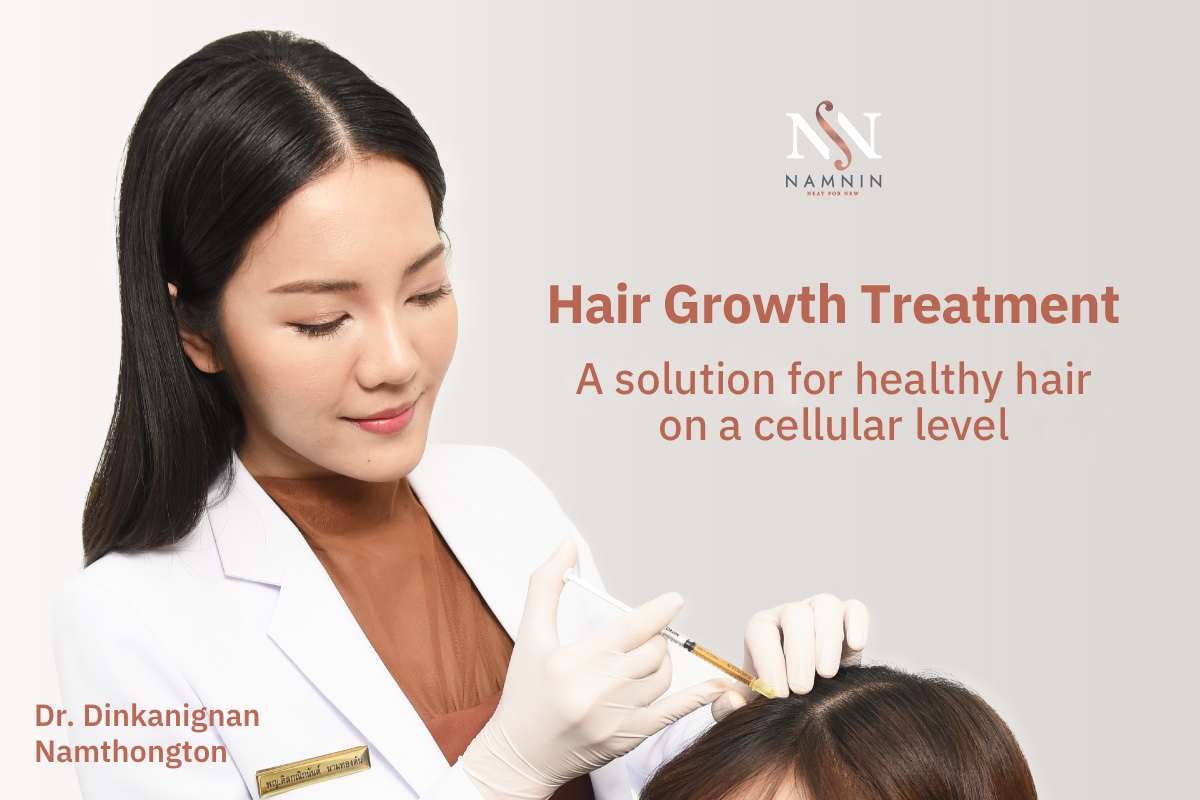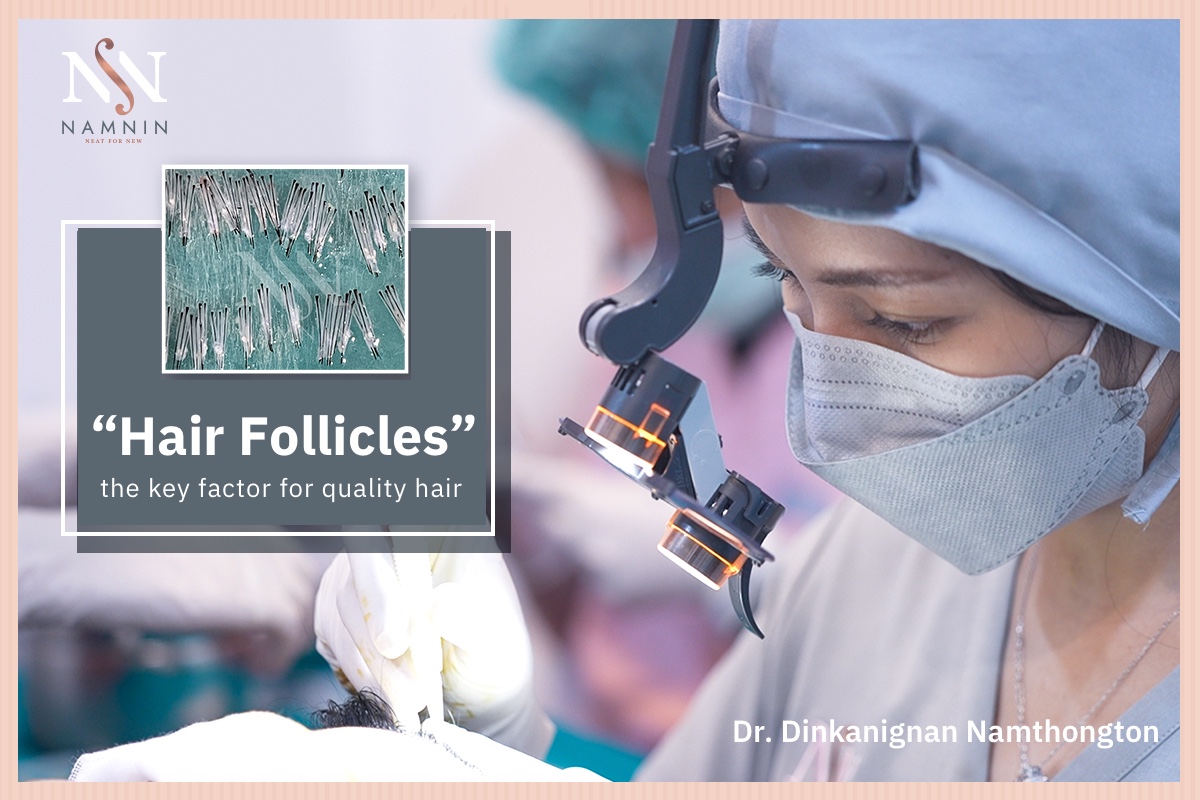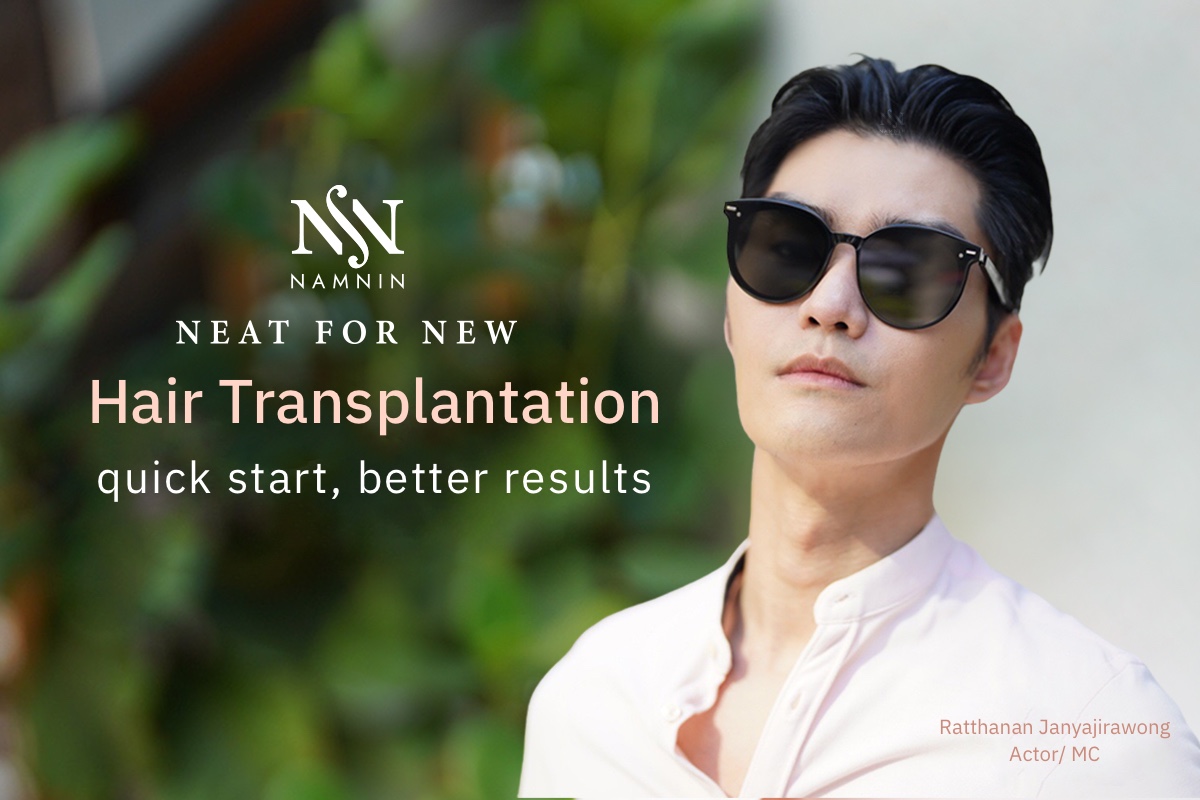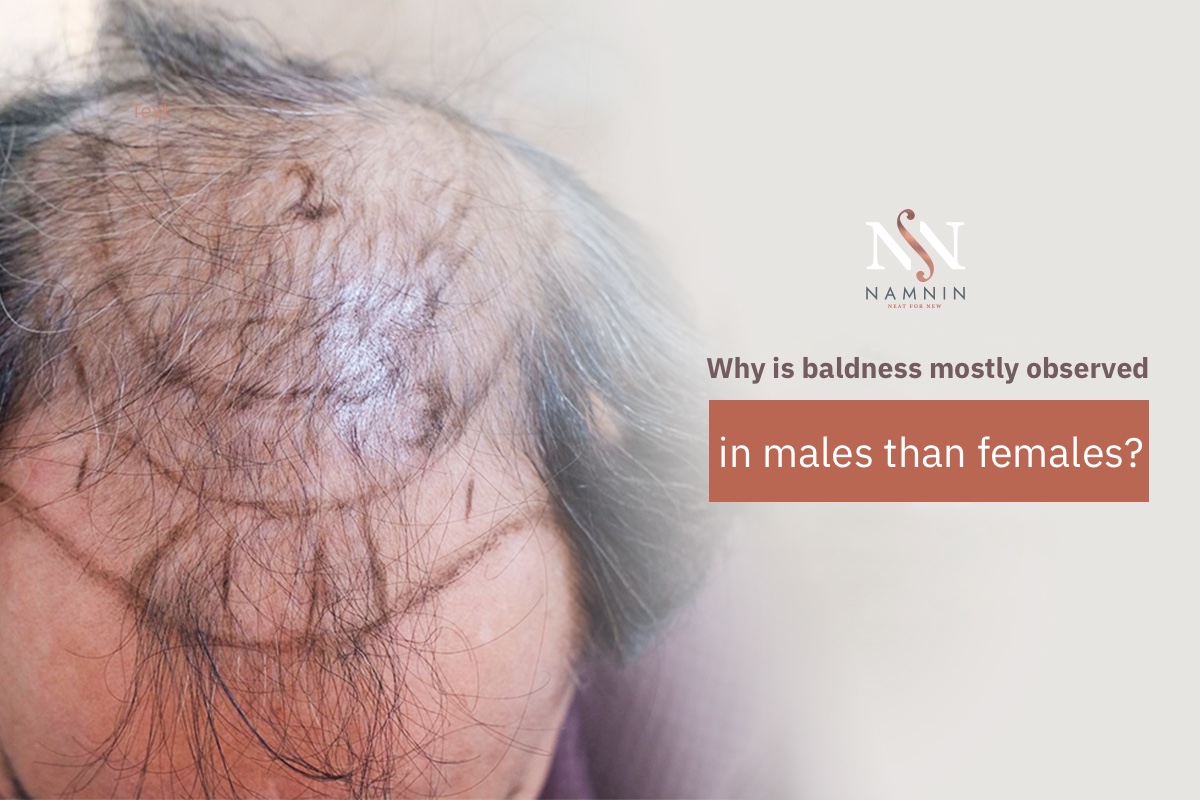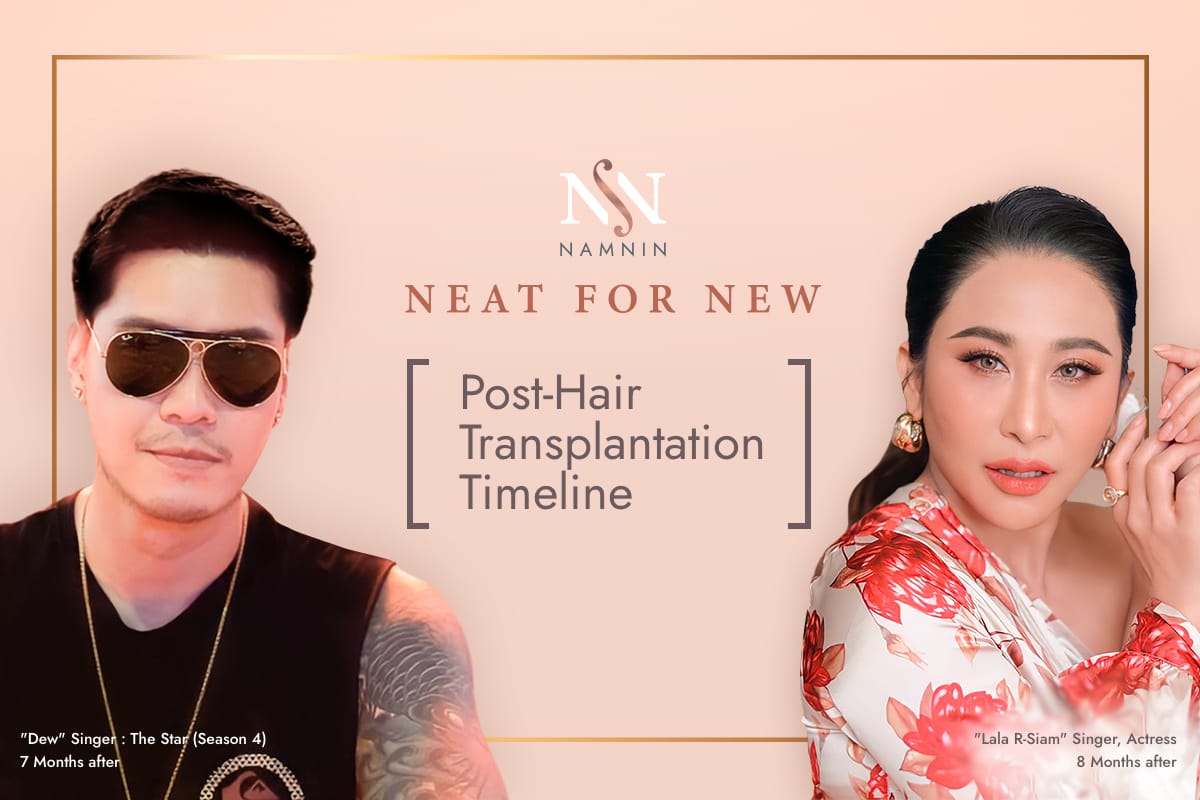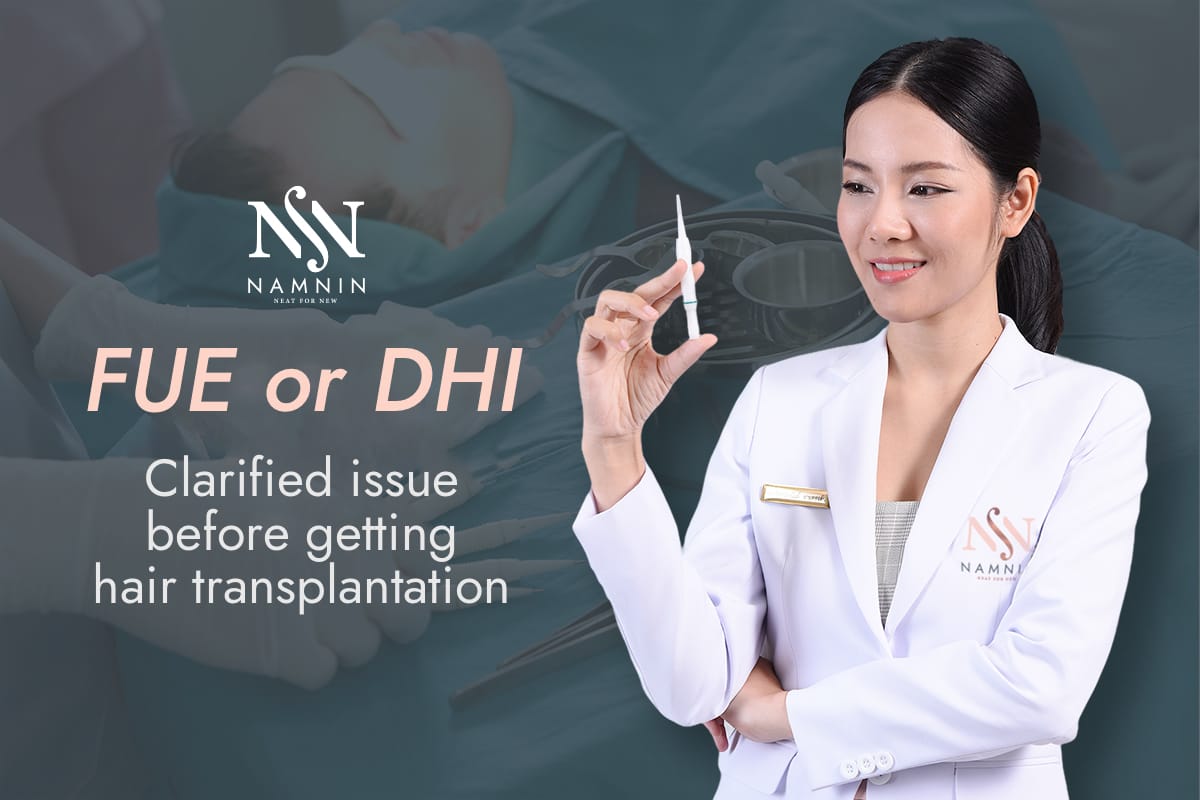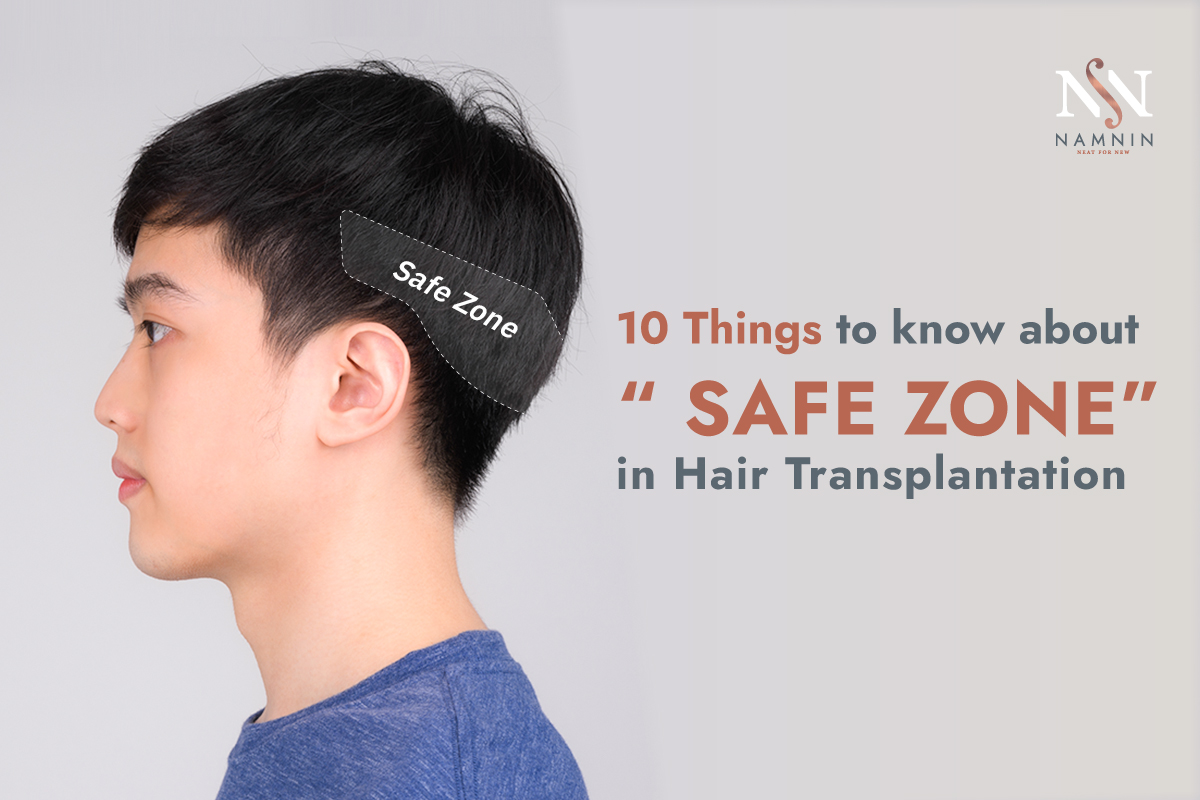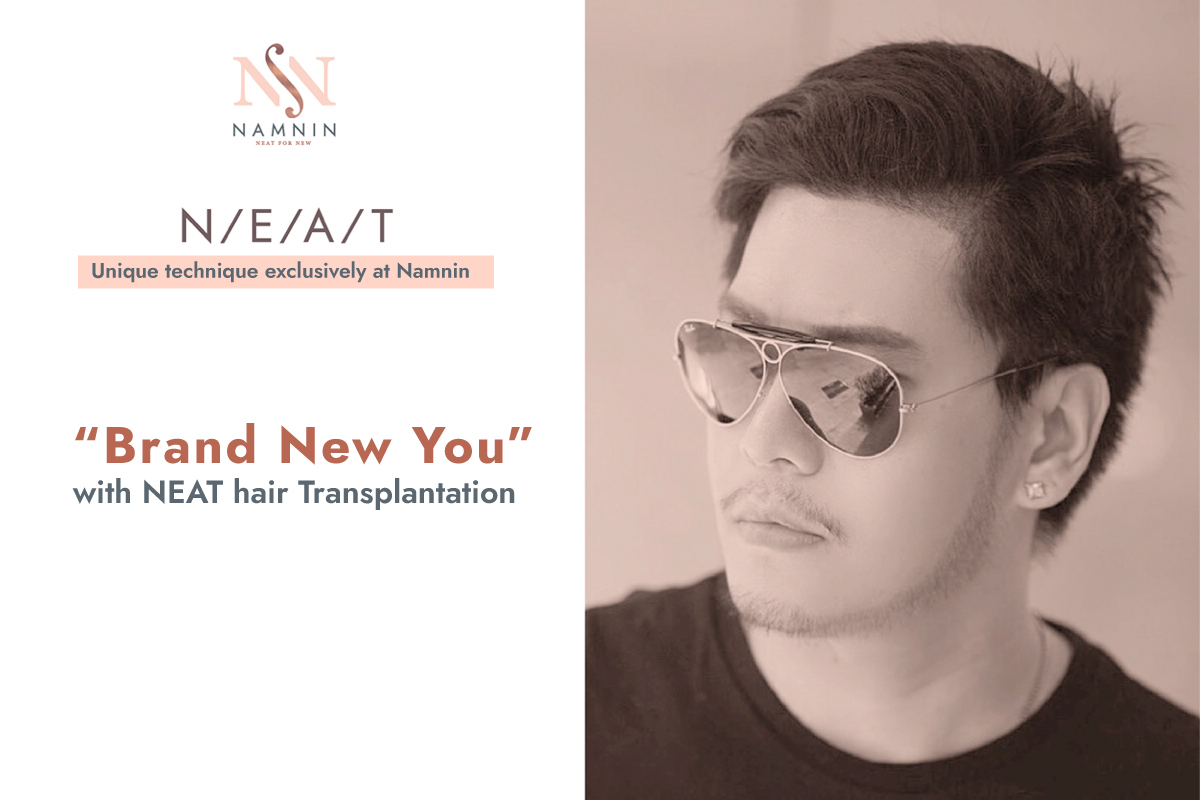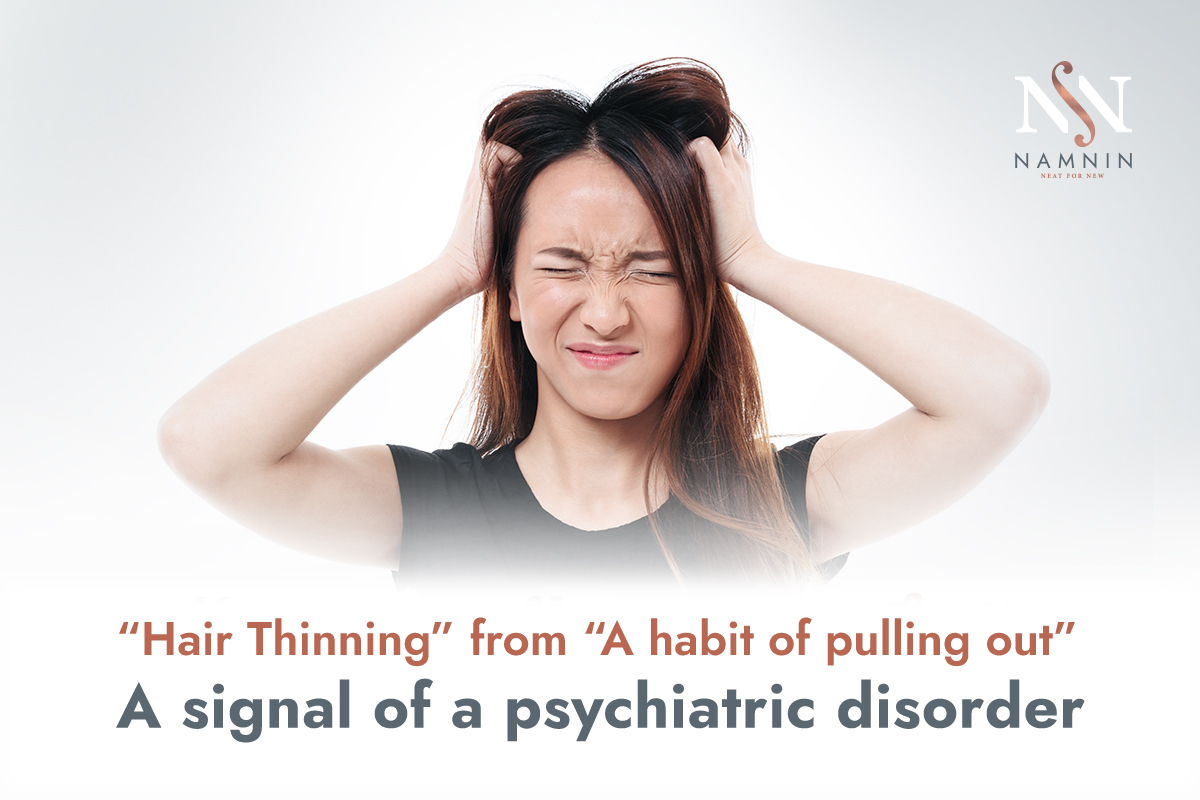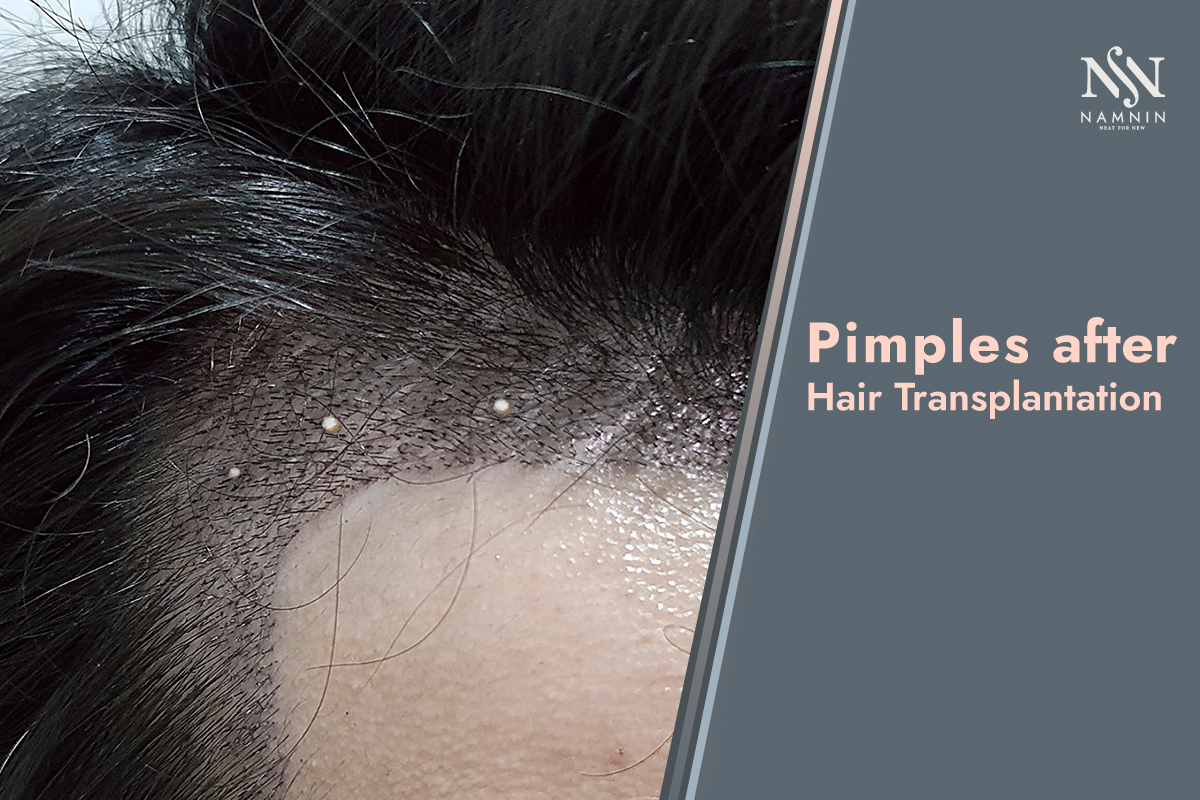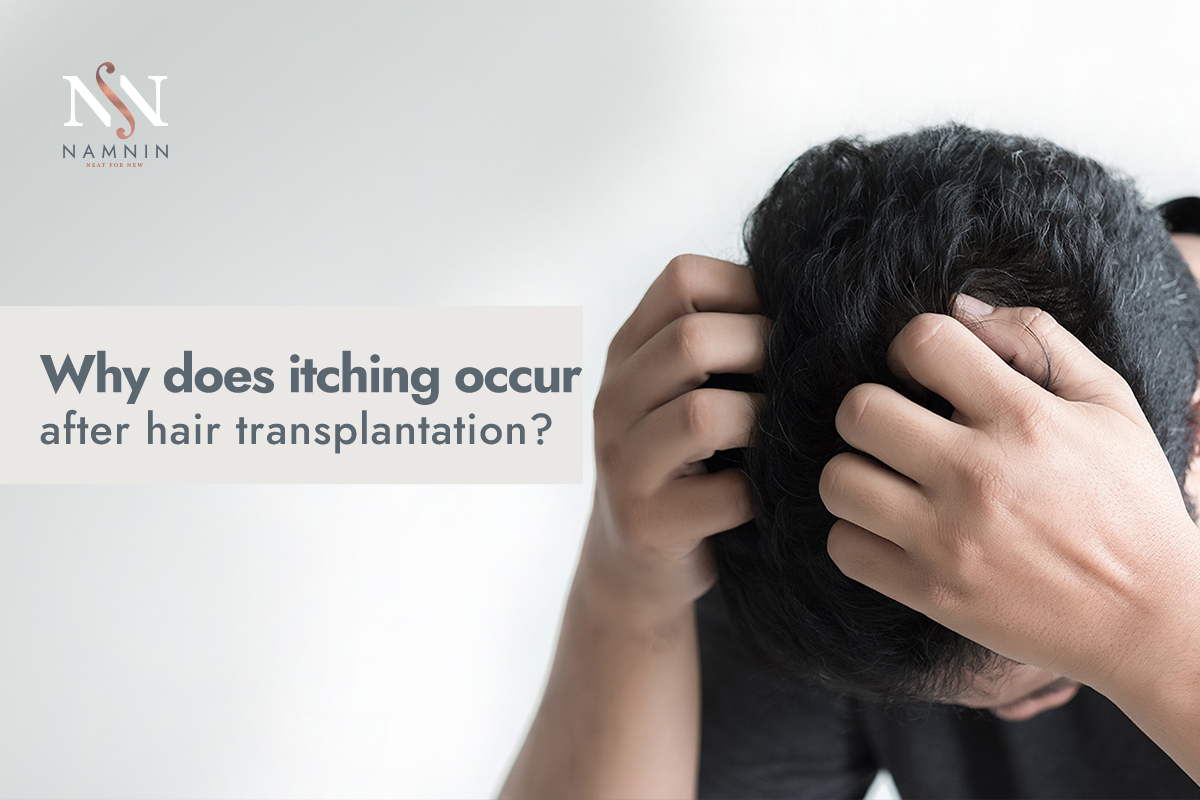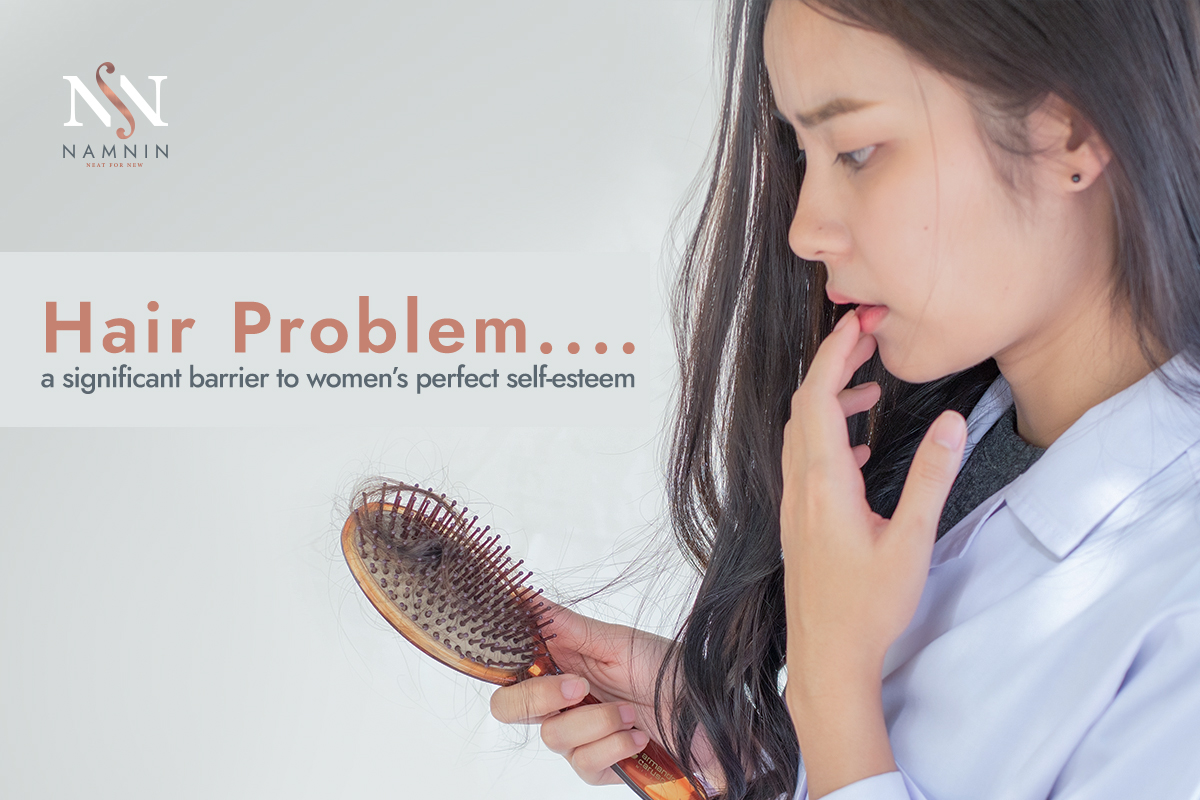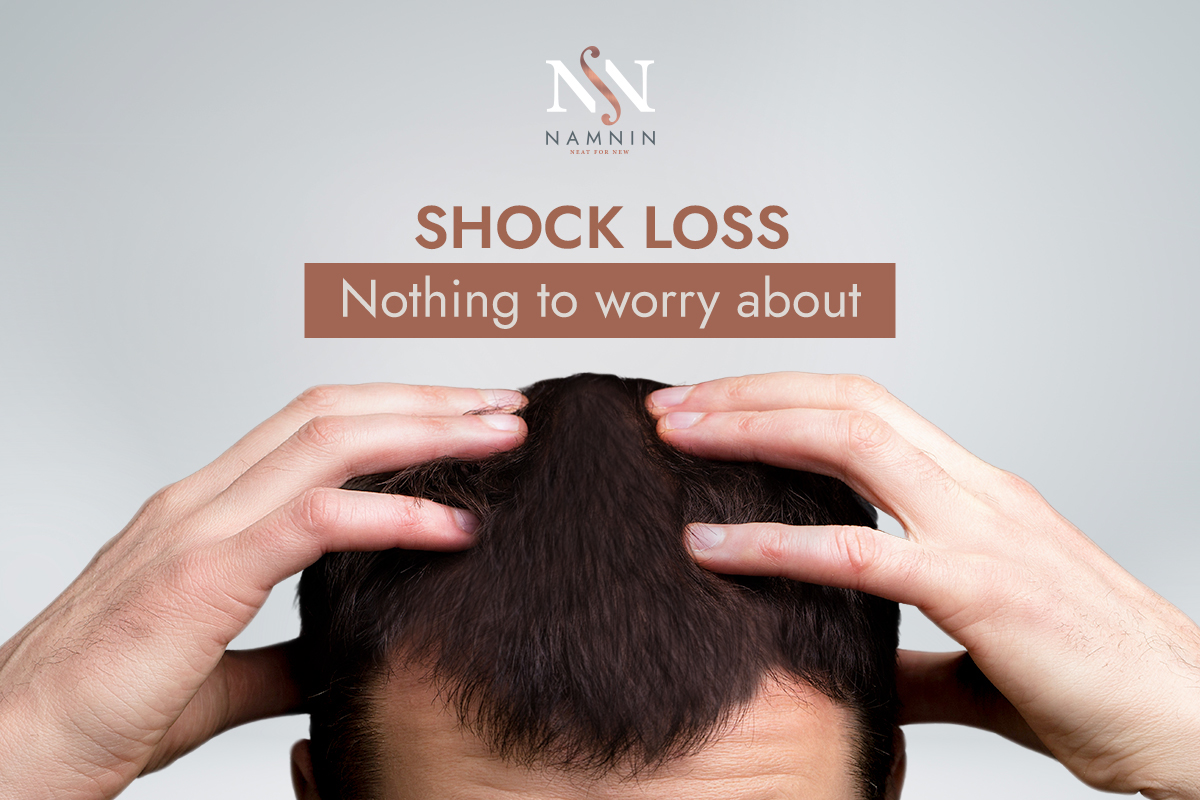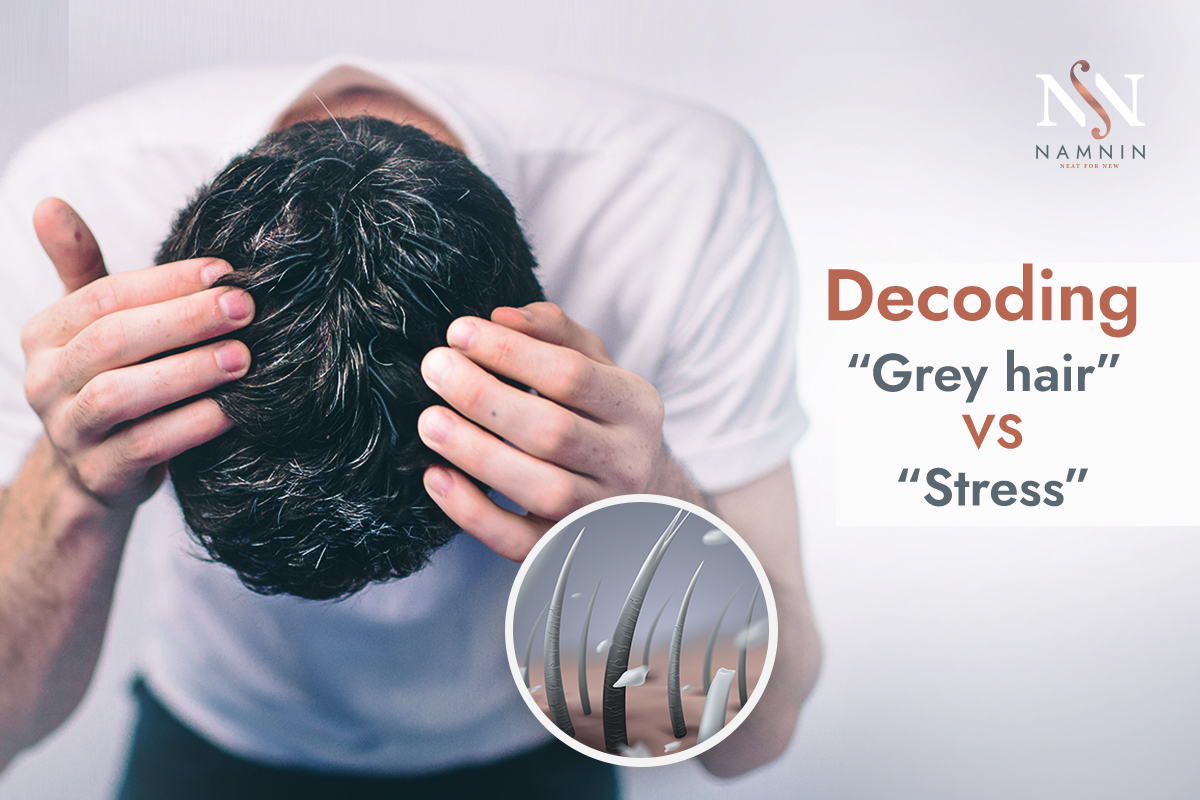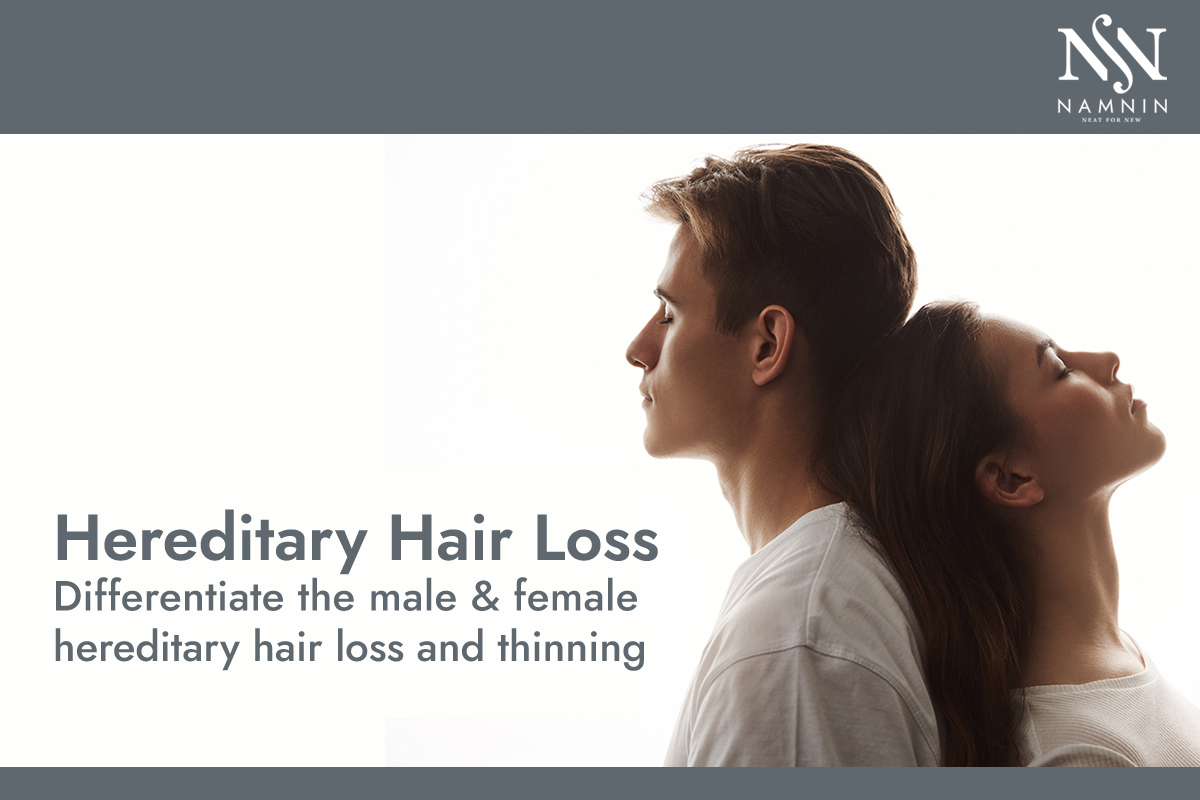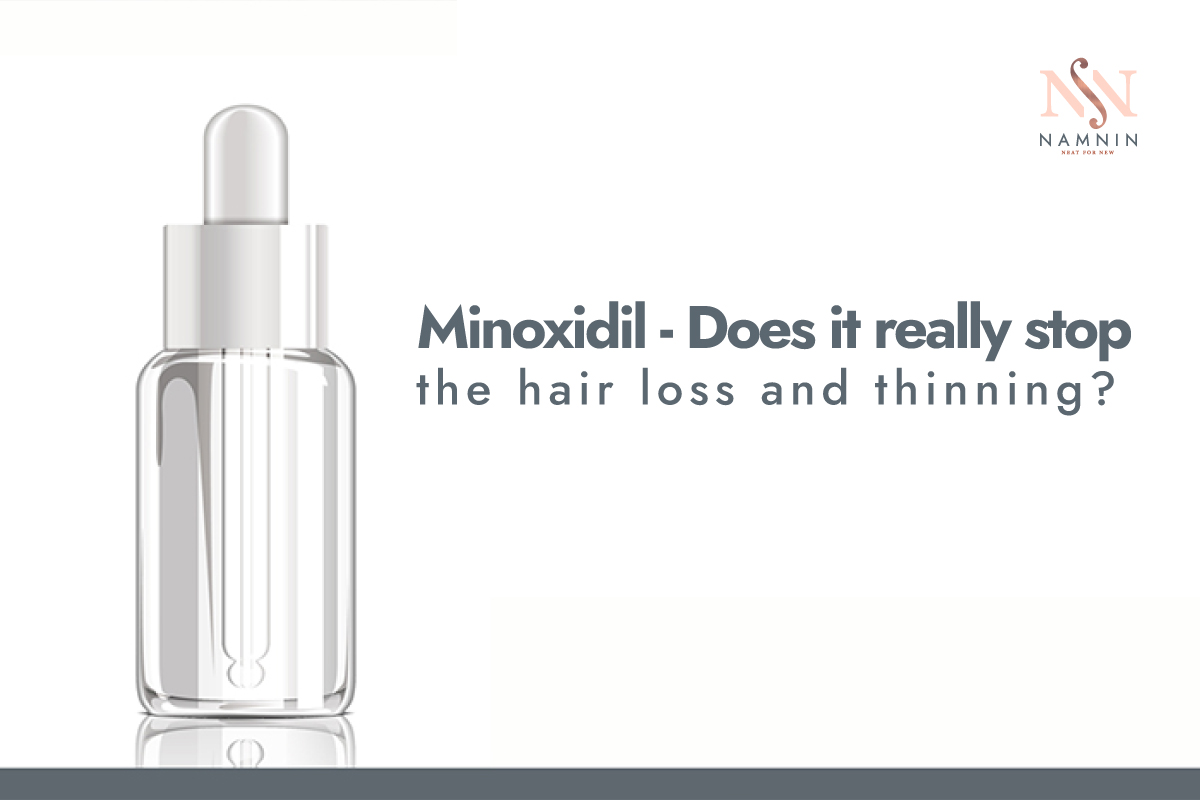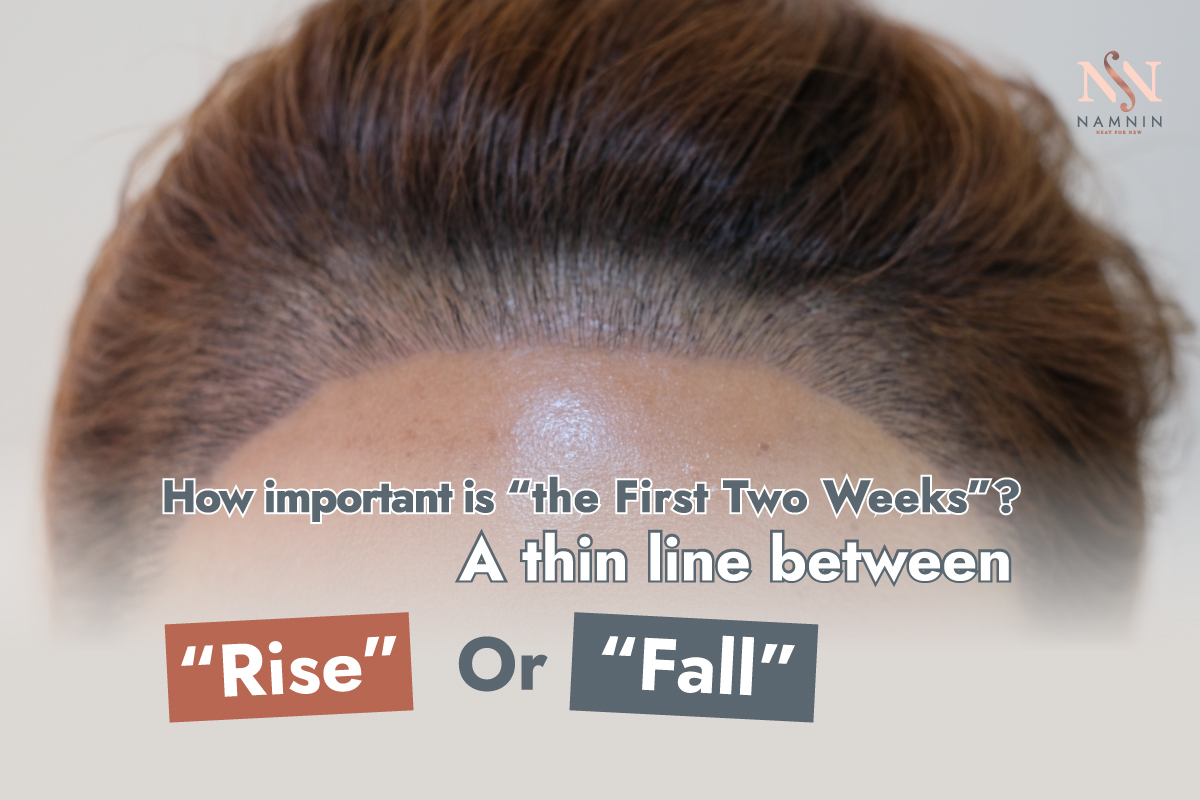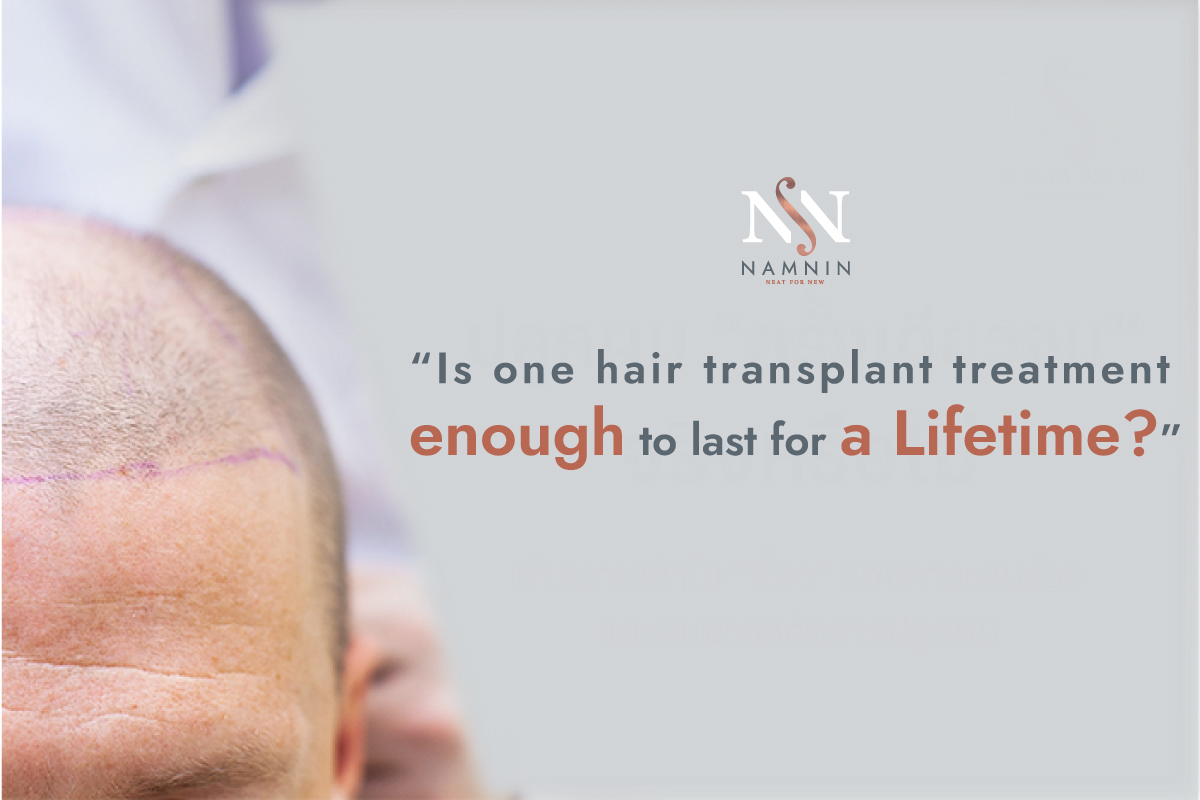Hair transplantation offers benefits beyond just new hair.
Many people may view hair transplantation purely as a cosmetic enhancement, similar to facial surgery or other body modifications. In reality, hair transplantation is a technique that involves not only the artistry of aesthetics but also relies on the principles of medical science as a core component of treatment, care, restoration, and nourishment of both hair and scalp. Moreover, hair transplantation serves as a solution addressing various issues for many individuals. Namnin Clinic would like to share insights from years of experience in helping patients achieve new hair growth, highlighting the importance of hair from different perspectives that many may overlook or never consider. Hair transplantation offers benefits that extend far beyond just new hair.
More than just hair,
it is about the "mission to protect the scalp."
In general, hair serves an important physical function that we may not be consciously aware of, particularly in protecting our delicate scalp from dust, smoke, dirt, and foreign objects. Consider the intense sunlight we experience in Thailand; without hair to cover the scalp, we could face various dangers or health issues, ranging from headaches to skin cancer.
If the outside temperature is too cold, our hair helps to retain heat and prevent the loss of body warmth, protecting us from easily catching a cold or becoming unwell. Thus, hair plays a vital role in maintaining the body's temperature balance, ensuring that various systems continue to function normally.
At the same time, hair helps maintain moisture levels in the scalp, preventing dryness and the development of dandruff. It also plays a role in preserving the scalp's slightly acidic pH balance. If the scalp becomes too alkaline, it can lead to symptoms such as itching, irritation, and an increased risk of fungal infections, which in turn can weaken hair follicles, making hair more prone to excessive shedding.
Therefore, maintaining strong, healthy hair with balanced density serves as an effective protective barrier for the body.
More than just hair,
it is a "solution for various hair problems."
Hair transplantation is the right answer for those seeking a reliable medical approach to address hair problems stemming from various factors, including:
Genetics – Hair loss and thinning are forms of hereditary traits that can be passed down through families from generation to generation. This type of hair problem typically occurs more frequently in men than in women.
Behavior – Did you know that sometimes our own habits can trigger excessive hair loss? These behaviors can unintentionally harm the hair, leading to thinning. Some examples include:
- Incorrect washing techniques, such as using excessively hot water or scrubbing the scalp too harshly.
- Improper combing habits, like combing while the hair is wet or combing too frequently.
- Excessive use of heat on the hair, such as from blow dryers.
- Overuse of chemicals on the hair, including straightening, perming, and dyeing.
- Using harsh products on the hair and scalp.
- Tightly tying hair for prolonged periods.
- Frequently wearing tight-fitting hats.
- Exposure to sunlight and pollution, which can weaken the hair.
- Smoking, which contains harmful substances that can also damage the hair.
Other factors – These may occur either intentionally or unintentionally.
- Side effects from various illnesses.
- Abnormal hormonal changes, such as in postpartum women or due to nutrient deficiencies.
- Excessive stress or anxiety.
All of these factors can be addressed with permanent hair transplantation as part of the solution to restore and care for hair, making it thick and healthy again. A physician will analyze and design a personalized treatment plan tailored to the specific hair issues and needs of each patient.
More than just hair,
it’s about “transforming you into a new person.”
Certainly, everyone desires an appealing appearance and a commendable personality, and it’s undeniable that hair plays a crucial role in enhancing our looks and reflecting our identity. A change in hairstyle can transform not only the face but also the overall persona and image. This is where hair intersects with the psychological dimension of individuals. Many who consult with Namnin’s physicians about hair issues—be it hair loss, thinning, or baldness—regardless of age, often find that these problems significantly impact their mental well-being. They may experience a loss of confidence, anxiety, and reluctance to engage socially, which can affect their professional life and relationships with family members. Some individuals may even lose their sense of pride, finding it difficult to look at themselves in the mirror with happiness.
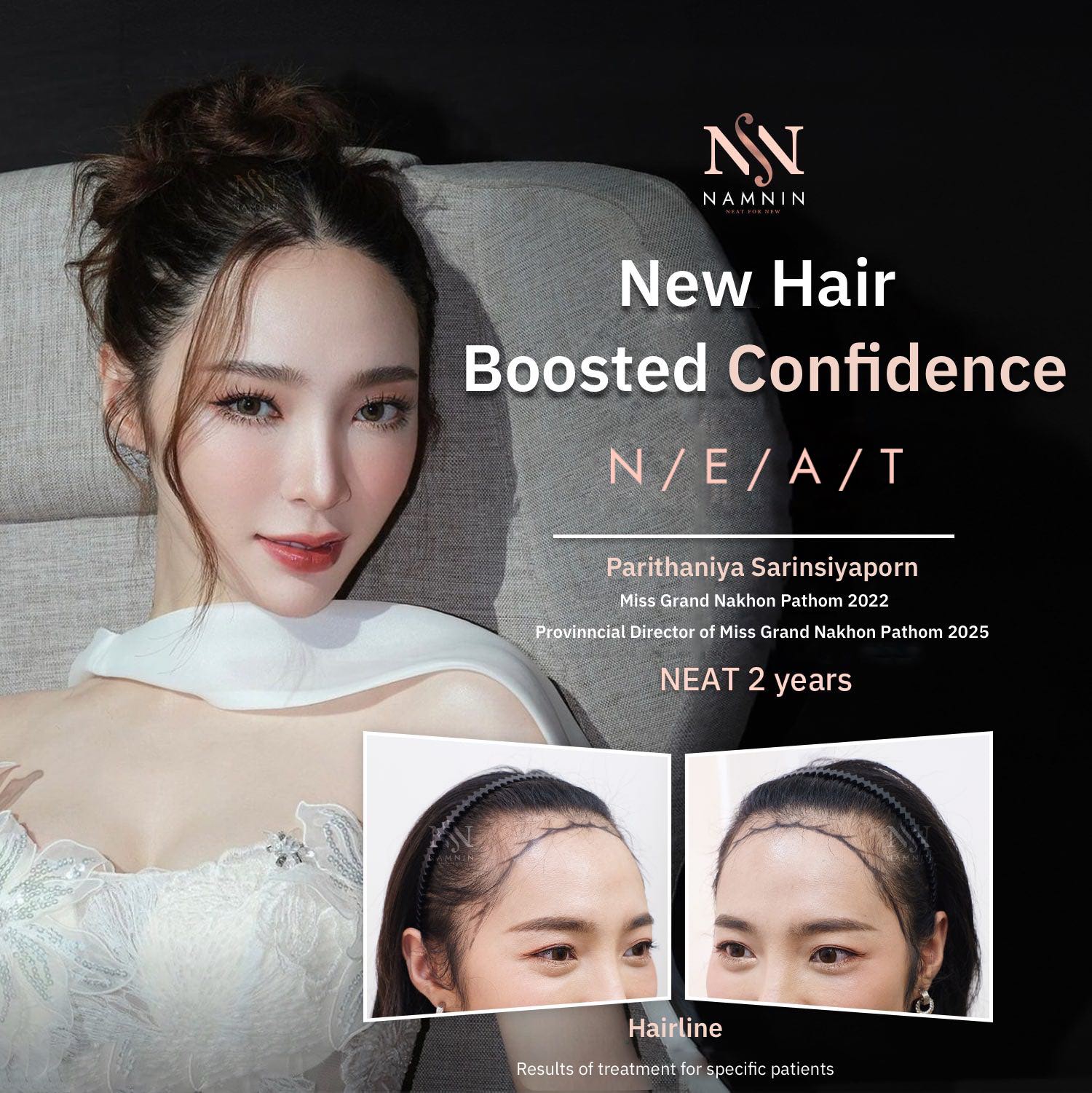
Hair transplantation is not just about restoring thick, full hair; it also restores confidence, allowing individuals to smile at themselves in the mirror and feel empowered to engage with friends and colleagues in society. With an improved persona and image, it truly transforms you into a "new person."
Hair transplantation
on a path of care with Namnin.
With their experience and dedication to patient care, the physicians at Namnin deeply understand the significance of hair in all the dimensions mentioned—whether as a physical component of the body, in terms of treatment, or in the psychological aspect of self-fulfillment. Each doctor takes the time to engage closely and openly with every patient, allowing them to fully understand the issues faced by individuals of all ages, from young professionals to retirees. Each person presents unique challenges, needs, and limitations.
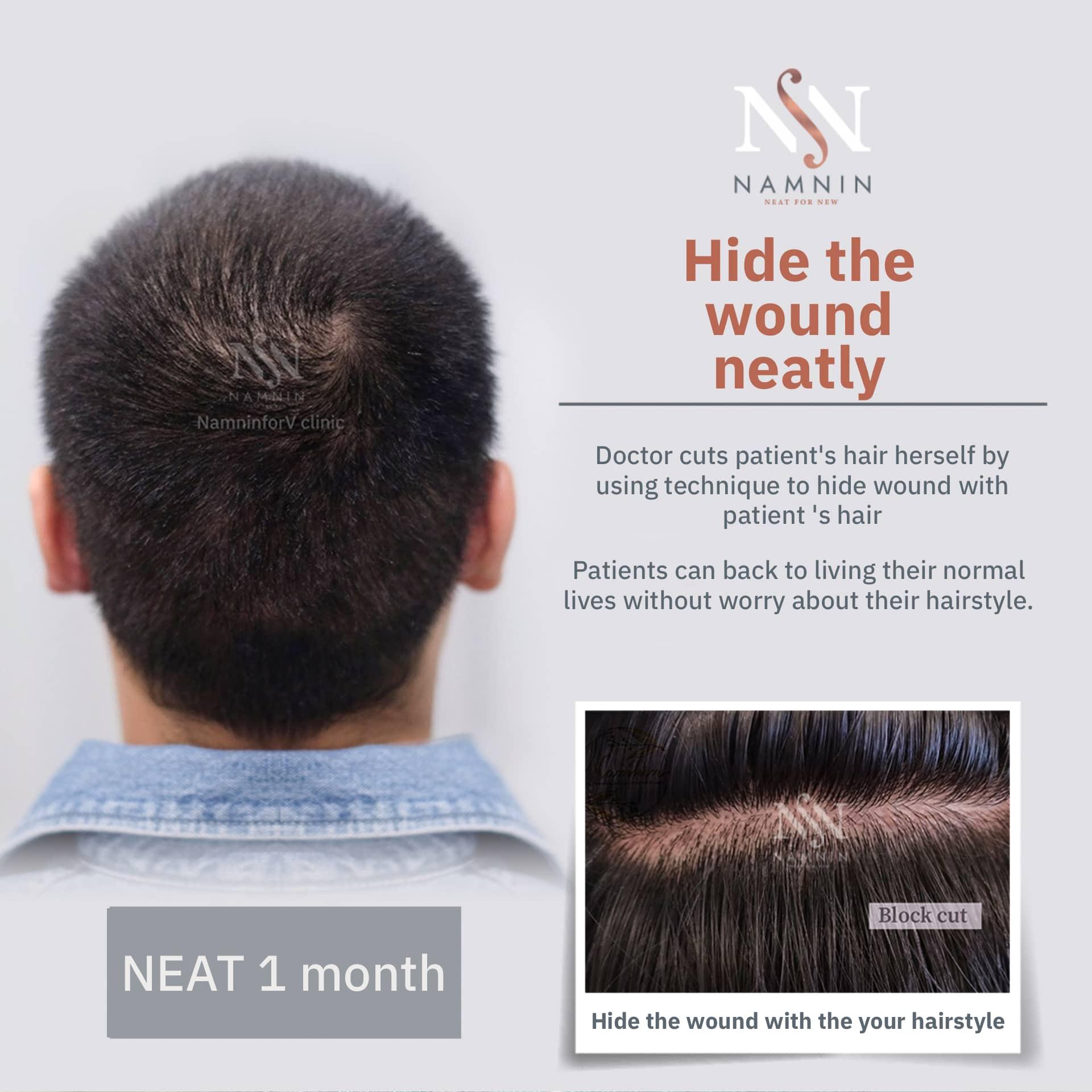
This understanding allows physicians to continually design unique treatment plans tailored to each patient. At Namnin, doctors personally perform hair transplants, working meticulously graft by graft, strand by strand—even when the number of grafts reaches several thousand. Each case can take anywhere from 6 to 10 hours, reflecting the physician's meticulousness and dedication to every detail. This includes selecting the appropriate hair size for transplantation, aligning the direction and angle of the new hair to blend seamlessly with existing hair, and ensuring the correct depth and density to maximize the survival rate of the newly transplanted hair.
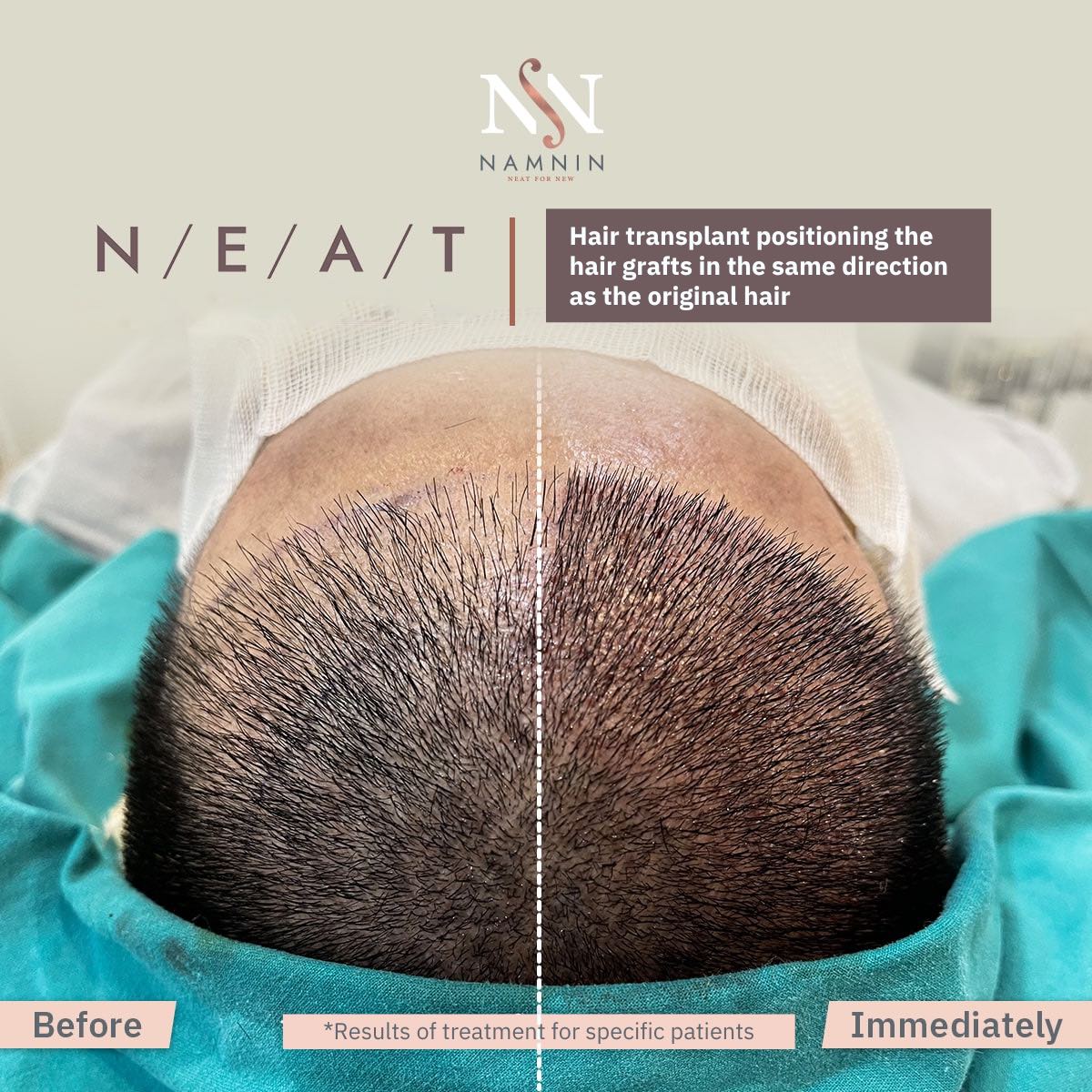
Moreover, this path of care continues for a full year, during which the new hair will grow according to its natural cycle until it reaches its fullest potential. Throughout this period, physicians will closely monitor progress and provide regular guidance, as well as develop products to aid in the restoration and nourishment of the hair. This ensures that the results of the hair transplant are maximized, tailored to the individual conditions of each patient.
Hair transplantation offers more than just the return of thick, full hair; it represents a valuable investment that enhances your happiness and satisfaction across all dimensions of life.
